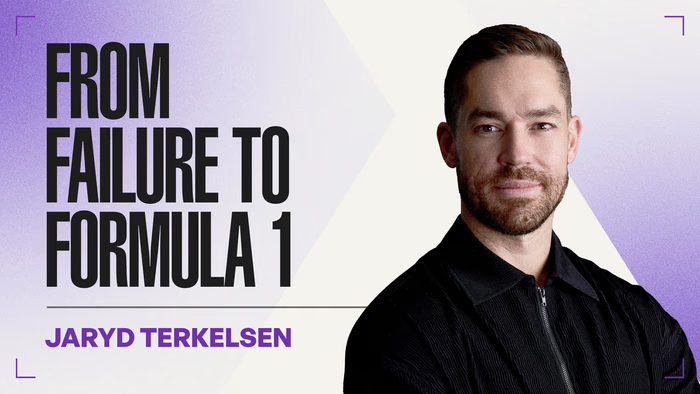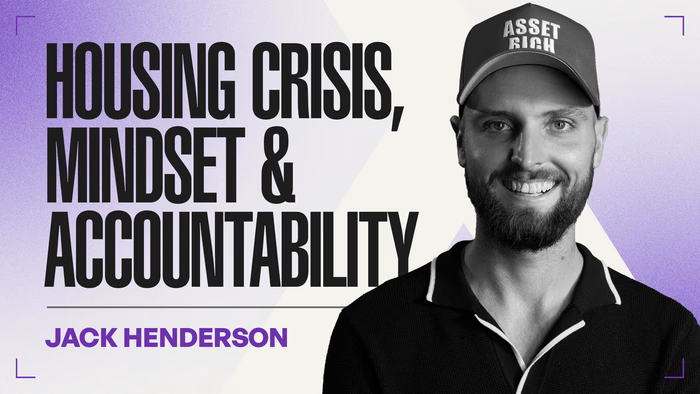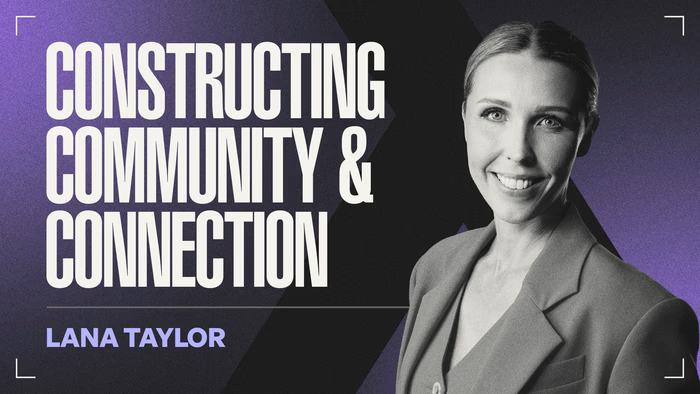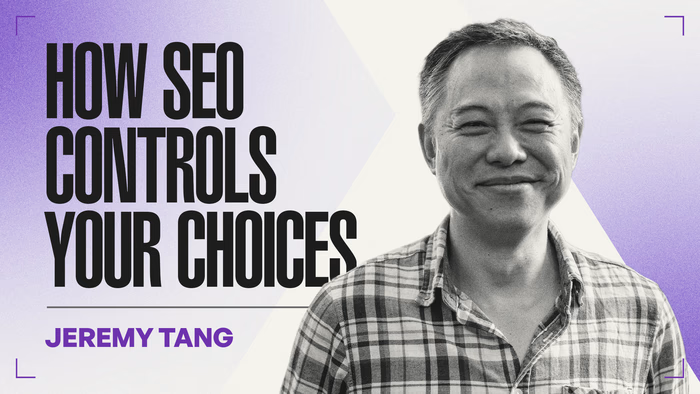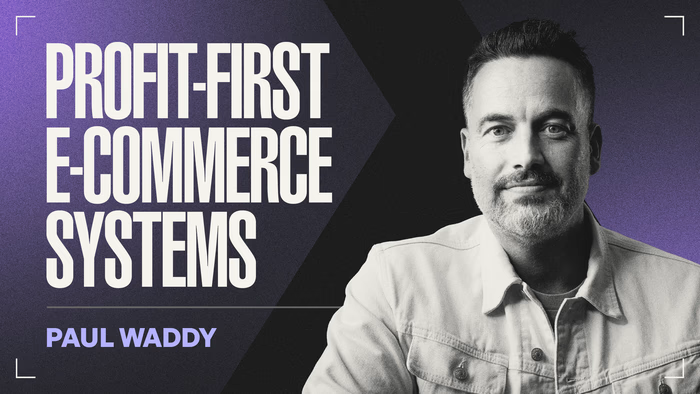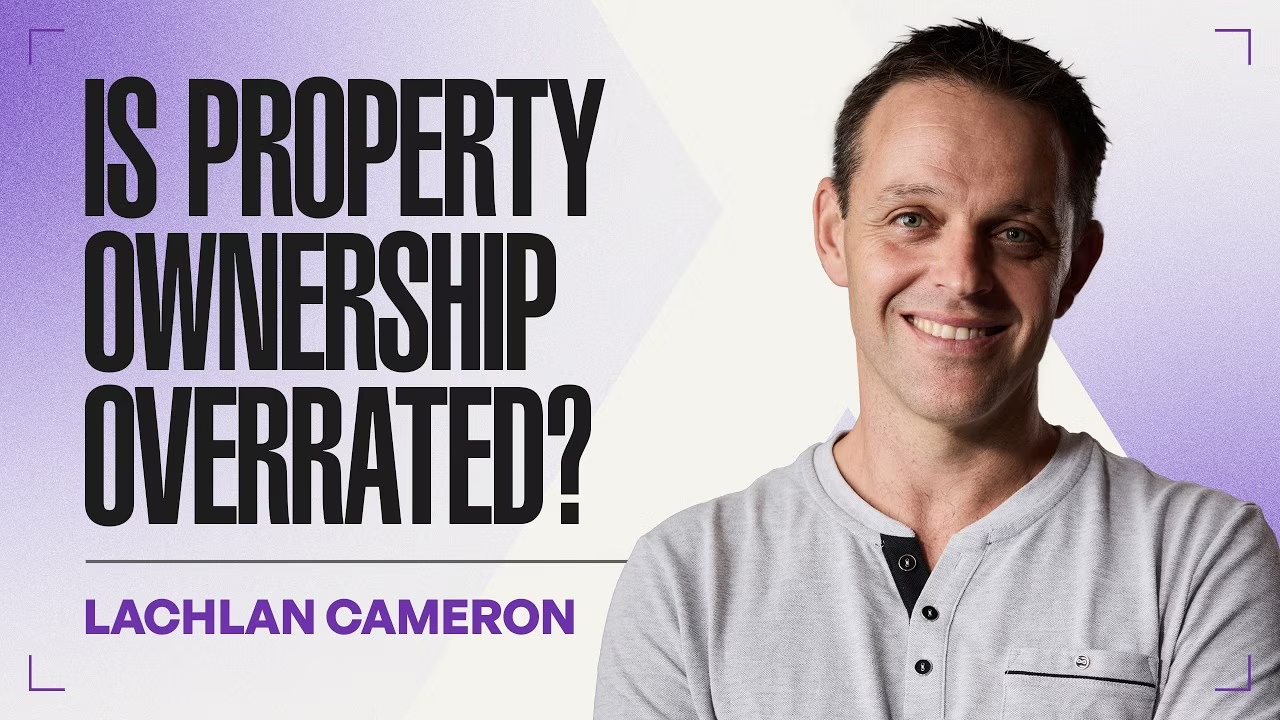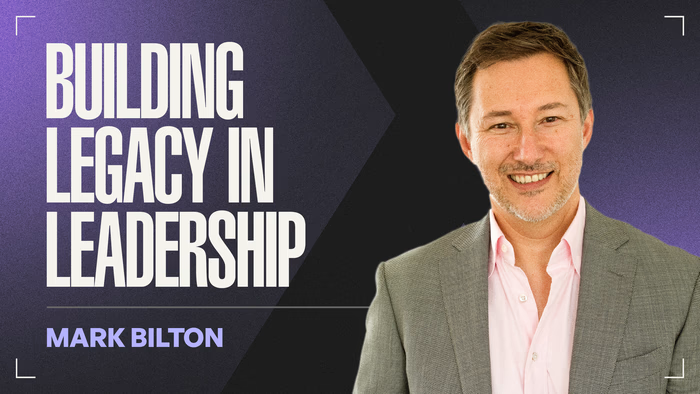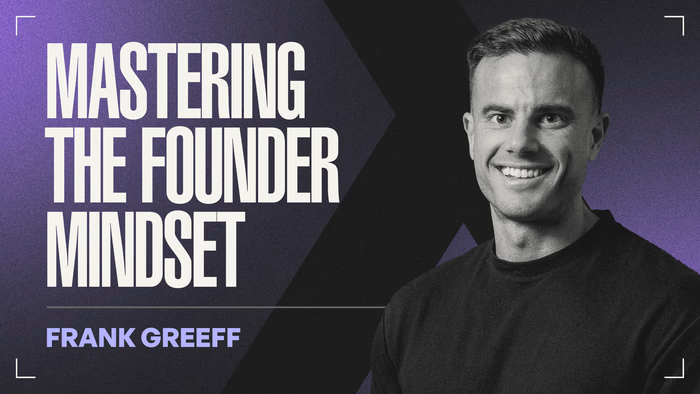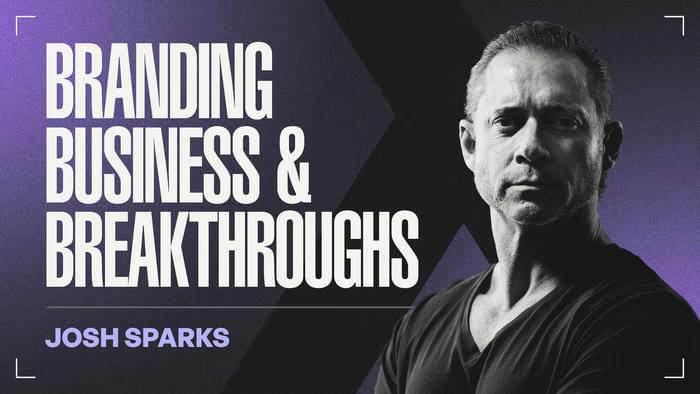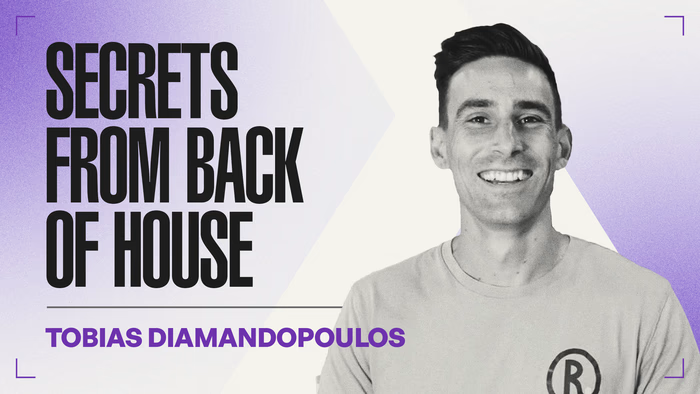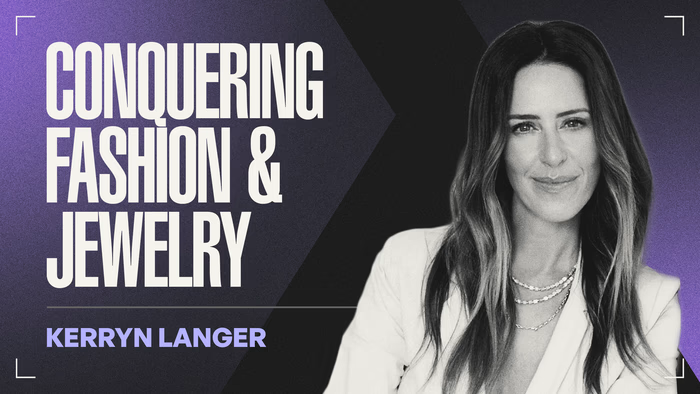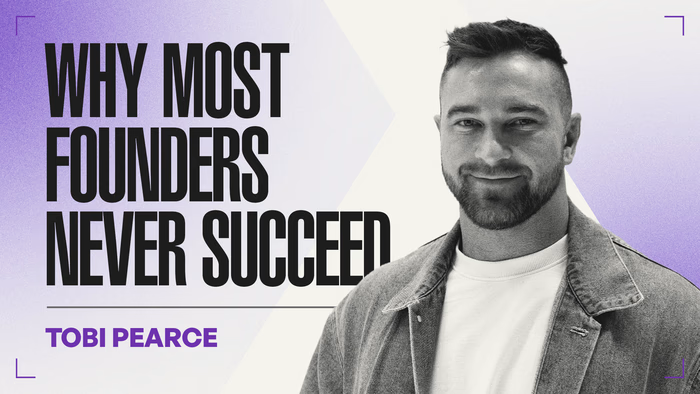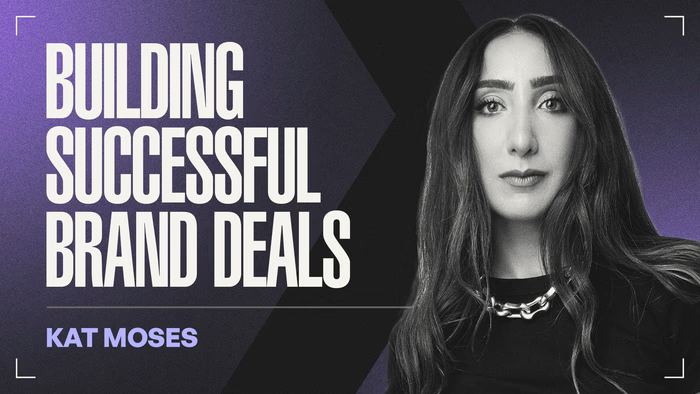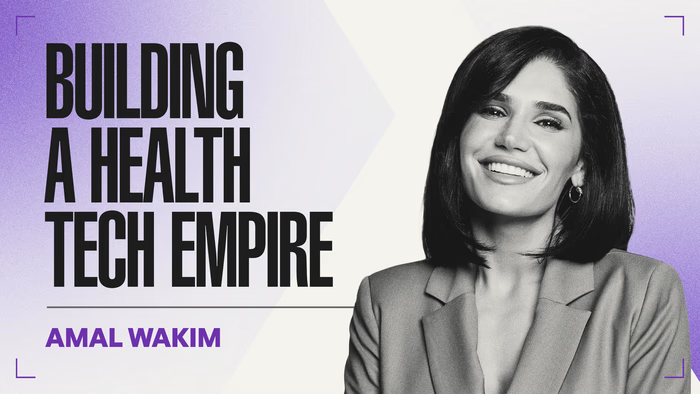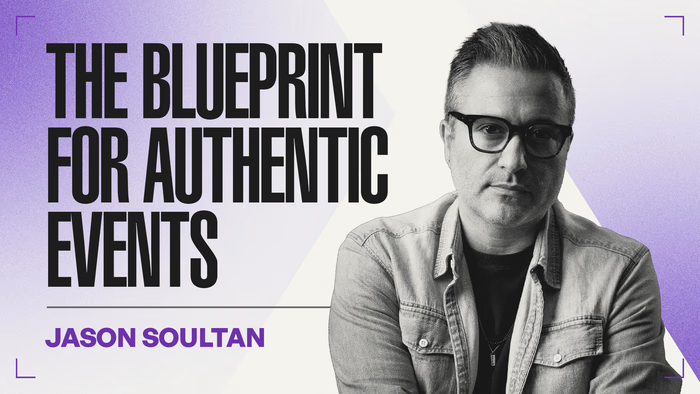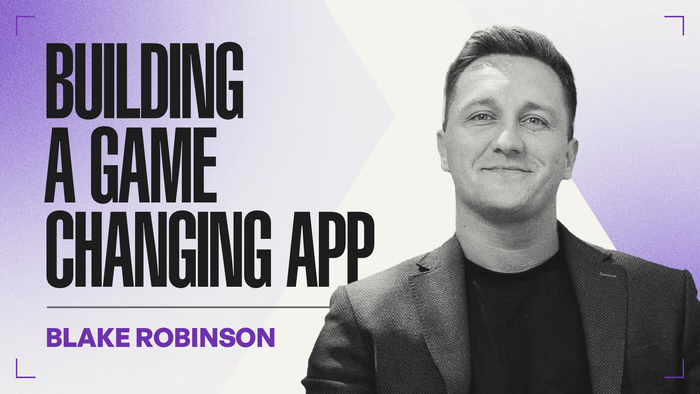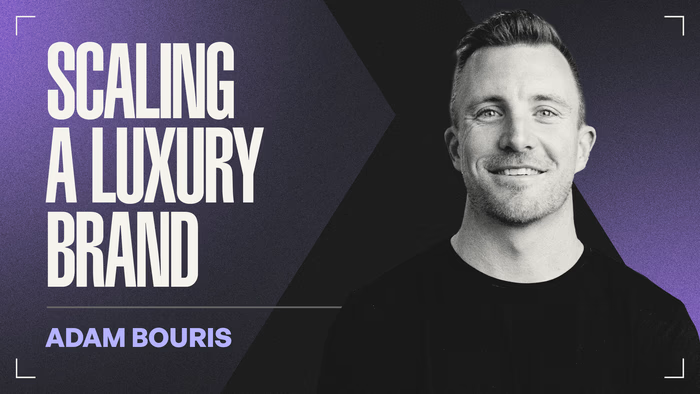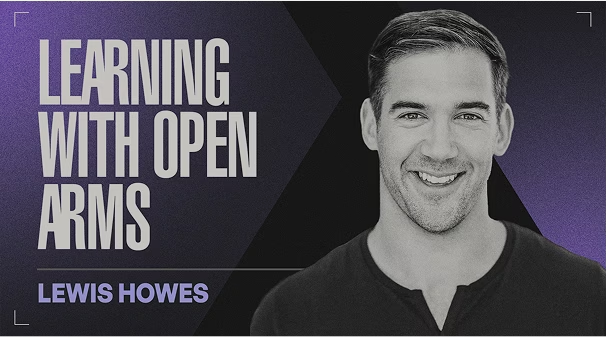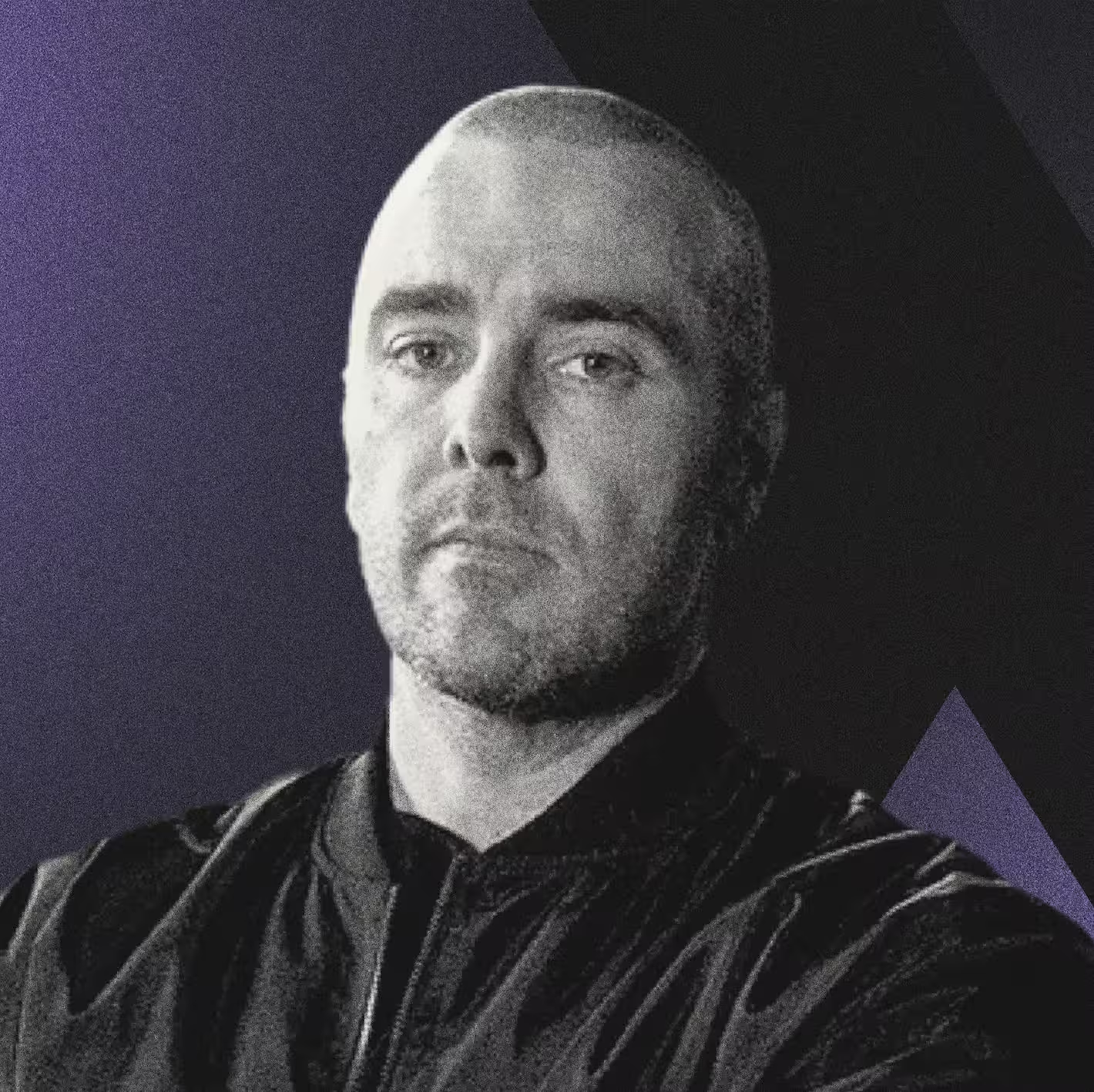


TLDR
Summary
Alex Rusty, a renowned Australian tattoo artist and co-founder of Lighthouse Tattoo, recounts his journey from the underground, often dangerous, roots of tattooing to his current position as an industry leader and President of the Australian Tattooist Guild. He emphasizes that effort trumps talent, advocating for relentless practice and viewing art creation outside of paid work—moving beyond being a "service provider" to a true artist. Sparks details the necessity of mentorship and harsh critique to develop self-accountability and improve work longevity, a critical factor given tattooing's permanence. He discusses the traumatic founding of Lighthouse Tattoo after his mentor's shop was burnt down due to extortion, which created a strong culture built on security and collaboration. Finally, Alex shares his perspective on the industry's evolution, noting that while social media has increased visibility, artists must fight the pressure to create "action sport" content and resist premature specialization, instead embracing a broad skill set for long-term mastery.
Highlights
- Effort Trumps Talent: Alex believes that effort trumps talent, as most people have the potential to be very good at many things but are "a bit too lazy." Mastery comes from relentless repetition and drawing far more than required for work.
- Artist vs. Service Provider: An individual is only a service provider if they only create art when they're being paid for it. To be a true artist, one must make art in their leisure time, blurring the line between work and pleasure.
- The Necessity of Critique: Early in his career, a mentor tearing apart his Japanese work was crucial. This external critique forces a higher standard of work, ultimately leading the artist to internalize a truer critique and become more self-accountable, even when the mentor is gone.
- Defining Quality in Tattooing: Quality goes beyond looking neat and clean on the day; it's defined by longevity and how the tattoo will look in five or ten years. This requires an understanding of the medium to design with the aging process in mind (e.g., using contrast and packing color) rather than fighting the skin's anatomy.
- Traumatic Origins of Lighthouse Tattoo: The studio's founding was thrust upon Alex after his mentor's shop, Tattoo Dharma, was burnt down due to refusing extortion. This experience created a deep, lasting focus on security and a strong, non-competitive collaborative culture among the artists.
- Battling Obsessiveness: Relentless pursuit of one's craft can be unhealthy, leading to a lack of presence in personal relationships and a tendency to procrastinate on important but non-urgent life matters.
- Overcoming Specialization: Up-and-coming artists should avoid premature specialization (e.g., only drawing Japanese flash) and embrace a broad skill set that includes high-demand styles like black and gray realism. This gives them work, provides transferable learning, and builds the technical experience necessary for mastery.
- Social Media's Impact: Instagram is the essential online portfolio, but the industry's addiction to the app is potentially unhealthy. Artists are pressured to present tattooing as an "action sport," which contradicts the patience and focus required for the slow, methodical process of creating good art.
- Incentivizing Undesired Work: When an artist has to take on work they lack passion for, they must find an incentive—like a higher price or focusing on a technical challenge (e.g., perfecting black packing)—to ensure the piece is still executed with excellence and provides a learning opportunity.
Transcript
00:00:00 - 00:01:05
If you're just doing art when you're getting paid for it, you're not an artist. You're a service provider. Alex Rusty is one of Australia's most renowned and influential tattoo artists. He currently owns two extremely successful tattoo parlors where he is known for his bold custom designs that masterfully blends traditional Japanese tattooing with contemporary artistry. I think effort trumps talent. I I think a lot of people have the potential to be very good at things. Most people are
00:00:32 - 00:01:33
just a bit too lazy. He's the president of the Australian Tattooist Guild, shaping its evolution and inspiring a generation of artists. And you said that there's extortion involved and and uh there was a fire. You can't afford to stop working and someone just burns down the shop and all you [ __ ] What's to stop that happening any day of the week to anything you care about? When you say it's unhealthy, what do you mean? I definitely know I'm not present enough for certain, you know, personal
00:01:03 - 00:02:04
relationships with my daughter or my partner or, you know, the times when I feel like I'm dropping the ball. You don't want your work to get lasered. That's that's the aim. [Music] I would like to welcome my friend Alex to the agency podcast. Welcome, Alex. Thank you. Thanks. Excited to have you here, man. I think that um this has been a long time coming. We've been trying to catch each other like ships in the night for about 6 months and finally got the chance to do it. It's good. It's good.
00:01:38 - 00:02:37
We're excited. Now, for you, tattooing began for you in 2005. What sparked your passion for tattooing? Uh, I think, look, I I I always thought tattooing was like cool, like from a client, you know, as a collector. Um, I don't even think I ever knew what was good, but I just wanted tattoos. I think all the people that were around me that I thought were cool or older or whatever were tattooed, you know, being in like, you know, sort of punk scene, metal, like all that that sort of band scene,
00:02:08 - 00:03:07
all the older people had tattoos. So, you sort of think that's that's the cool [ __ ] That's where you want to go. Um, and so just being in and around that you want to get you want to collect it. Um, and I think like you know anything I've I've ever been into I sort of want to do it as well. So like if I'm into like music I'll do a band like so I was always in bands and you know this was the same sort of thing. So the first chance I got to kind of get my hands on it. I I was like I'll give that a go.
00:02:37 - 00:03:39
Like it didn't it didn't intimidate me. It was more just super attractive. And so, um, what was my actual start was, uh, an older guy had a home setup and he showed me how to, he basically said, "I'll show you how to use it cuz you can draw if you tattoo me for free." And this is so dodgy. Um, and not the right way. How did you meet this content? Uh, once again, through like, you know, bands and like, you know, just going to shows. Um, and we knew a dental nurse that was able to sterilize stuff.
00:03:08 - 00:04:12
So, I guess it was on the more responsible side of what what would have been happening for for backyard tattooing. Yeah. If you're going to do backyard tattooing, at least be as legit as possible. Totally. Totally. Um, but you know, we had to, you know, we had to like it it it it worked and we were trying to do the right thing, but it was dodgy and and you were doing something that was a bit like unsafe. Um, I mean, I mean, not for not for the person getting tattooed, but for your own safety as someone doing
00:03:39 - 00:04:45
it, because you you you did have the phenomenon of, you know, like he's coming to your house, taking your [ __ ] breaking your hands. That was a a real thing. And he I mean, that ended up actually happening to him. And what do you mean? Oh, we hear you tattooing from home in the door. Um, take your stuff. you know, maybe some physical damage as well. Wow. It not it was not uncommon. Um that actually ended up happening to him which made me go, "Okay, I've got to like do I put do I try and make a job
00:04:12 - 00:05:28
out of this or do I just stop?" And so I approached uh a friend who I knew who owned um House of Pain in Anandale at the time um Steve King and I said, "You know, I have done some tattoos. I would like to turn this into a job. And he sort of said, "Yeah, come in. We'll work out an apprenticeship." And um you know, and I came in and started doing it from from there. Um and that was good. You know, that was that was a pretty uh I feel like I had a fairly soft kind uh reception into tattooing
00:04:50 - 00:05:52
relative to what other people at that time were having. Um yeah. And what was common place at the time? Because if you I guess set the scene here, um I understand that there was an era in Australia through the 60s and 70s and 80s where there was a lot of affiliations around the scene and a lot of questionable characters and so forth. Um what was like the what was the scene like at that time? What could people expect as an apprentice? Uh as an apprentice, I mean, you would have basically been just exploited for
00:05:21 - 00:06:30
for free labor in most instances and probably not taught that much in a technical sense. Um, and it kind of worked because tattooing didn't even need to be good to sell. Um, because I guess supply was controlled by having, you know, you couldn't open a shop, right? You know, someone would close it down or take it off you or, you know, this this was, you know, not uncommon. So that, you know, there there were a few independent shops in in Sydney. Um and you know that that's gradually
00:05:55 - 00:07:00
all that's all gone away now really. Um but it meant that uh you know so the apprenticeships are pretty loose. Apprentichips were you know do all the [ __ ] jobs until someone you know gets fired and there's an opening that they need to fill and this person that's been watching other people tattoo potentially learning becomes a tattooist. That's that's probably the worst version, but it's not uncommon. Baptism by fire. Absolutely. Absolutely. Um, but there were there were there were also a
00:06:28 - 00:07:30
few examples. It wasn't all like that. That was quite common, but there were there there are a few examples of people that were like properly coached and care taken to create a good artist out of out of this person, you know. Um, but yeah, I expected the [ __ ] version and I got something nicer than that. Well, that's good. Yeah. Now, if you're looking at, let's say, I guess, tattooing as a as a whole, do you believe that the barrier to entry has evolved over time? And do you feel like uh your decades in the
00:06:59 - 00:08:01
industry, you've seen an evolution? And what might some of those changes be? It's evolved in the sense that it's easier probably for the craft. I would say overall it's good because it's meant that you're drawing from a wider pool of potential entrance and you are seeing better artists coming through as a result. So this the general standard obviously the standard at the top is better but also the standard in the middle is better because that's that's what most most people are getting
00:07:30 - 00:08:37
tattooed by that mid-tier artist and that's actually better. So I'm going to say it's better. Um, in that regard, um, it has probably devalued the cost of tattooing relative to wages, but that's just like a normal competition thing that happens. I don't think that's, you know, potent, you could argue that people were getting overpaid 30 years ago having, you know, for the quality of what they were doing. You know what I mean? Look, o overall I'm going to say look there's some
00:08:04 - 00:09:03
there's some like cool romantic things that I think are have have been lost, but overall it's it's better. Yeah. You know, it it sounds like it definitely like as you see more people come into the market and compete um it kind of raises the standard, right? Because everyone's trying to out out gun each other, so to speak. and um and they can and they can do it on merit rather than basically on like whether you've been given permission by organized crime to do this. What's that experience been
00:08:33 - 00:09:36
like? And I know this is tough to touch on, but like do you think that like coming into a space that was I guess interesting to navigate to say the least to what it is now? Do you think that it's a much healthier, safer environment? I think I think I think tattooing is fairly unregulated which you know once again there it's good and bad. I think there's still generally a lot of places that are um there there are places that have unhealthy stuff. So I'm not saying it's universally gotten better for everyone.
00:09:05 - 00:10:02
Um and those are people that probably wouldn't potentially shouldn't be owning shops that are creating those kind of environments, right? and and they probably wouldn't have been able to navigate stuff in years gone by to even figure that out. But then on on the flip side, you've got um you know, the ones that you would identify as being like you know the good shops, the the ones that are all kind of like you know they they care. They they're trying to they're trying to make something
00:09:34 - 00:10:34
semi-permanent out of their business. It's not just like see how long this lasts. Uh I think all of those people are sort of making an effort to try and you know foster culture on purpose you know not just accidentally let it fall where it does. Um, and I I think I think just going back to apprenticeships in a completely unregulated environment, an apprenticeship can be basically slave lab, unpaid slave labor with the promise of like getting taught a craft at the end of it or it can be like, you know, a
00:10:04 - 00:10:53
really rewarding, nurturing sort of experience and and and and the person who's doing the teaching and leading is actually trying to create someone who's going to be a highly valuable, relatively permanent member of their team. You know what I mean? Because so they got to teach them the skills to be good enough to work in your shop long term, but you've also got to make them feel like this is actually where they want to stay long term. Otherwise, you're just going to have they're going to leave as soon as they
00:10:28 - 00:11:14
can, right? You're trying to create a dynamic where they want to stay. They want to stay. You want to develop a rel a working relationship. Um, you know, in many ways, you're collaborating because I see this happen in the tattoo shops I've been in where artists are, you know, helping each other with their drawings or helping each other with placement or helping each other with color selection. And it seems like there's this really cool culture of, you know, we can kind of win together if we
00:10:51 - 00:11:48
help each other out versus, you know, stay in your station, I'll stay in mine kind of thing. Totally. Well, look, there's not there's not um that's not the case in every shop that they're doing that, but that is a good version of it. You know, that was something like so I worked I worked for Josh Roink at Tattoo Dharma um until it got until it got burnt down. Um, and that was a great shop and I really learned I think a lot about um, probably everything really at that point about how to work
00:11:19 - 00:12:08
collaboratively and how to set your ego aside and not necessarily be threatened by the person next to you. Cuz there there are shops and I have worked in in the past where you feel like you're you feel like you're in competition with other shops and you feel like you're in competition with your fellow artists for the work. you know, there's work coming in the front door and everyone's trying to like get their piece of the pie. And that's not the best sort of environment. And so
00:11:44 - 00:12:49
people feel like, you know, by being if that's the the culture, being collaborative is like giving away competitive edge to your neighbor competitor, right? And that's probably the most negative way to to view your your peers in a shop, but it does happen. Um, and I think if you can kind of like, you know, go past that, um, make artists feel like they're not in competition. Even like there's this sort of silly thing where some styles feel like they're in competition or have felt like they're in competition where
00:12:16 - 00:13:07
it's like, you know, everyone ragged on color realism for a while and stuff like that. Whereas there's actually like common design elements that you you can have a I can have a conversation with someone doing realism about the common we can have a conversation about tone or you know what blacks to use or like and that that's collaborative. You want to be sort of supporting each other and you know making that um making people feel like they're actually getting something out of the
00:12:42 - 00:13:35
environment they work in rather than just turning up and doing their work and leaving. Yeah. Um yeah. So rather than just hiring a chair, hey, I got this cool team I can work with. We can collaborate. We can learn off each other. Cuz what's the difference between that and just working for yourself? Yeah, I guess, you know, and then then it just becomes a numbers game like, you know, how cheap can I run my own space versus paying, you know, either a rental or a commission to a shop, you know, and you don't want it to
00:13:08 - 00:14:06
be that cut throat and that technical, you know, you want it to be somewhere people enjoy coming to work. Interesting. Which leads into I guess another question I want to ask you which is about like you know if it takes a 10,000 hours to master something. Um you know a do you disagree or agree with this? And then b do you think that you know effort trumps talent? Because I'm sure you've seen artists that come through the ranks that are naturally more gifted maybe than others but then you would see an artist I imagine that
00:13:37 - 00:14:40
is just way more gritty and determined to keep drawing and to try and keep leveling up their skill set and so forth. for you, what do you think it is that allows an artist to succeed in this space? Is it the hours? Is it talent? Is it effort? How do you balance that? I I think I think effort trumps talent. Um I I think a lot of people have the potential to be very good at things. Most people are just a bit too lazy to to be very good at things. Okay. You can you can I mean pretty much, you know,
00:14:09 - 00:14:58
humans are pretty amazing. You can you can actually learn anything and do it. Like I reckon anyone within reason could get to an 8 out of 10 level at most things if they decided that was going to be their focus. But most people don't do that. Even drawing. Yeah, totally. But no one does. Everyone goes, "I used to draw when I was a kid." And they give up because, you know, there's no reason to. They're not getting paid. They like it's busy blah blah blah, you know, and people most people did draw when they
00:14:33 - 00:15:18
were a kid. And the people that probably kept up with it might have had a little bit more natural talent or maybe a little bit more encouragement, but it's just literally the fact that they kept doing it that made them probably get better. I'm not saying talent doesn't play a part. Talent absolutely plays a part. Like you do get these freaks that just rock up and they're like a bit too good at certain things. And that's that's a real thing, but that's that's like this kind of
00:14:55 - 00:15:51
elite outlier case, right? The average person, I think, could actually do a lot of things quite well if they made that their like very particular focus. And most people just don't, you know, they um and that's fair, too. Like, you shouldn't have to be obsessively focused on things all the time, but I don't know. I'm a bit obsessive about things. So, this is I feel like, you know, maybe I'm being too universal about what's worked for me, but I I honestly think that like I was decent at drawing, but I
00:15:23 - 00:16:22
definitely got better through relentless repetition and drawing, you know, drawing a lot, drawing more than I needed to just for work. Like, there's always art pieces on the go. Um, if you're just doing art when you're getting paid for it, you're not an artist. You're a service provider. Wow. You know, that that's how I think of it. You should be making art. You should be blurring the line between work and pleasure. You should be um making art in your leisure time because it is partly
00:15:53 - 00:16:48
leisure. And if you're doing it often enough and well enough, a you'll learn to enjoy it more or figure out how to enjoy it or when to enjoy it. But there will also be in time if if you know it inevitably will make you better at the thing and then there'll be a market for that. You know, like that will either make you a better tattoo artist. There'll be people that maybe want to buy the art pieces. Whatever it is, you you you can't do something a lot and really try and not get better at it.
00:16:20 - 00:17:21
Like I I I can't think of any really successful tattoo artists out there that haven't gone through either aren't quite relentless or have gone through a quite relentless phase. And there's no one who just sort of sits there kind of just cruising along and just doing tattoos when they're getting paid for it and nothing else and just kicks ass and makes great money. that just doesn't exist. There was a study that I was looking at this morning where um someone who's managing Olympic
00:16:50 - 00:17:47
athletes diets during the Moscow Olympics was asked the question, "What do you think it is that an athlete has at the highest level that the other ones don't have?" And he said, "I actually see it the other way around. I see it that what is it that the elite don't have that everyone else has?" And it's the ability to stop. Do you see that in your industry? There's just people that just will not stop and they can't help it. Yeah. Oh, like I mean I I [ __ ]
00:17:18 - 00:18:20
cram so much in to the time I've got and sometimes it's not healthy, but I definitely have material rewards for it. Um I I I I can identify with that that appraisal and and I see other people do the same thing, you know. Um when you say it's unhealthy, what do you mean? Oh, look, I I definitely know I'm not present enough for certain, you know, personal relationships. Like I I I I will have the to-do list in my head and I can see I'm just like treating uh a moment in time as another thing before I
00:17:50 - 00:18:43
do the next thing, right? You know, when I'm talk and this could be something where I should be more present with say, you know, and this isn't all the time, but this is me being critical of myself. Like it could be like not being present enough with my daughter or my partner or you know um you know the times when I feel like I'm dropping the ball you know with individual needs of artists in the shop when I'm just you know not being present. You know I think everyone knows that's important and I think that you
00:18:16 - 00:19:13
know you you can get carried away with um relentlessly pursuing stuff. I know that's my nature. So, I sort of know I have to kind of like push back on that to to to try and you know, not just detach from the world. Um, but that, you know, that's a real thing. You know, that it can create unhealthy patterns for people. Oh, I would agree. I have the same thing where I'm like, man, I got to be more present as a dad. Totally. And to your partner as well, because that's the thing, like,
00:18:46 - 00:19:39
you know, kids are easy. They just scream at you till they need stuff. And and I'm I'm getting stuff now because my daughter's 14. she I'm not as necessary. She actually could probably live independently to some degree. She'll do a better job with help and guidance from a parent, but you know, like I'm not necessary anymore. So if I'm not present, I'm just out potentially, you know, and I've got to kind of you you got to make sure you you're actually present. And the less
00:19:12 - 00:20:00
like there are important things that aren't urgent and in this mindset of obsessiveness, you will procrastinate on those things. You know what I mean? So, they're important, but they're not urgent, and you feel like everything else is maybe important and more urgent. So, it'll get done first, even though it's not necessarily more important, you know, and that's the things that you sort of miss out on. And I have made those mistakes with people in the past. Not permanently, but it's the thing that
00:19:36 - 00:20:38
you have to like repair and work on and you know. Yeah. Yo, my name is Dane Walker and I am disgustingly obsessed with branding. I had to figure out a way to do branding every single day. So, I branded myself. Then I started my agency, Rival. And hired a team of branding mavericks hellbent on creating brands so good that they'll make your competition their pants. So here's the thing. You want your brand to go viral and Rival makes brands go viral. That's why we're offering you a free 30inut branding
00:20:16 - 00:21:15
session to get an expert's opinion. If you don't believe me, the proof is in the pudding. Here's what clients have to say about Rival. Rival is trusted by brands like Nutrition Warehouse, Flight My Bricks, and Voom. So, if you want to absolutely smush the competition and make your brand go viral, hit the link below and book in your free 30-inute branding session. And have there been, I guess, more philosophical lessons for you within this more slow, deliberate process of tattooing versus trying to
00:20:46 - 00:21:50
rush things and trying to do everything last minute. Have there been meaningful lessons? I mean, there's never been any kind of like true disasters where I go, that was the lesson. I've seen it happen to other people. Yeah. Where I, you know, the solution was more prepar, but you can't go back. Um, okay. A lesson that relates to that. So Josh basically said, "You can't do any Japanese work in this shop unless you run it past me first." And so what that meant was I'd have to factor that
00:21:18 - 00:22:12
lead time in because it required it wasn't just me being happy with it. I'd have to show it to him, get it torn apart, redraw it. So that prep time meant I had to have longer prep time. And so what it meant was sometimes you're even postponing clients because you've been like, you know, it wasn't good enough or there's been some insights given and then you've got another stage of editing that you really need to to to do. You know, someone can't show you an improvement and go, "Oh, [ __ ] it. I
00:21:45 - 00:23:03
don't have time. I'll just do it anyway. You'd rather postpone the the appointment um if you if you get pushed into that into that corner." Um, that's powerful as as a mentor to to your work. It look it only happened a few times. It only it where it really kind of worked out like that. Um, but knowing that you had to meet that bar to get it to the even to the starting line. Um that's kind of like him externally forcing that prep uh you know like time management of your prep as well as time management of your
00:22:24 - 00:23:18
actual appointments you know and then once you sort of you internalize that as like I actually need to do this to do the good end of my work then you you just run that as you know part of your you know you've got all your job starts actually marked in your in your diary so you know you've got you're managing that as well. Do you think it was important having a mentor that was tearing your work apart at that point in your career? Definitely. Definitely. Why is that necessary? Um, I think most people are
00:22:52 - 00:23:45
going to I a you don't know what you don't know. So like you can do the best thing you think you can like even if you're doing the best with the tools you've got um you know you don't know what you don't know. and they could show you something that is, you know, or or, you know, just unlock some little perspective on it that makes you go, "Fuck, if I redraw the whole thing, it's going to be 15% better." And it's probably worth it still, you know, even though twice the time, it doesn't I
00:23:17 - 00:24:29
think if you want that to be a piece that encourages more work, you know, as a piece of promotion in itself, that's what you have to do. And then the other thing is um people view situations optimistically like unless there like people's per you know like if you can let yourself off the hook with something often people will like and that's that's just human nature everyone does that here and there but like I think being answerable you know makes you better like you know what I mean and even and
00:23:54 - 00:24:56
and you you end up start to internalize that actual that a truer critique, you internalize that in your head and then you hold yourself to a higher standard before you even have to put it to the judge. Okay? So, having a judge potentially forces you to be more selfaccountable and reflective because you know that at some point in time before you sit down with a client, you have to go to Josh and go, "Hey, like what do you think about this drawing of this koi?" And he might go and rip it apart. Y you've postponed the
00:24:25 - 00:25:10
client, but when the client comes back, you have a better drawing. You probably have more self-esteem, more awareness, you've learned something. And you've learned something, but then you've developed a mindset in the future when the mentor is no longer there. Exactly. To think as though they were. Yeah. Exactly. And and and it's it's really important because like your clients are always going to be like I'm not saying client opinion doesn't matter. It does. They need to be satisfied with their
00:24:47 - 00:25:43
tattoo, but as a judge of overall quality, they're not really qualified. They're kind of their their view of what quality is in tattooing is a much more like micro view, right? Whereas you've got the ability to look like out here. So, like if they're saying it's the best thing I've ever seen, that's a cool compliment. It's really nice, but it actually isn't something you can peg your ambition to or your sense of like job satisfaction to cuz you you you you need to be looking
00:25:15 - 00:26:17
where I mean, you always need to be looking for areas of improvement and and taking like a harsher critic, whether it's yourself or consulting with other people or whatever it is, you need to be you always need to be figuring out areas of improvement. So, let me pick your brain on this with critique. Yeah. Because we do a lot of that here. We design logos. We design fonts. We, you know, edit photography and do illustrations and mascot design and stuff. When it comes to, I guess, take me into the shop with critique like what
00:25:46 - 00:27:02
is the composure that makes critique helpful? Uh, and why is it necessary to being a good artist? H I mean, what makes it helpful? I mean, a you can turn every every project into into a lesson. So like everything could potentially be a learning experience as well as a commercial, you know, venture. Um, which is important like you could turn like every pro you can learn something from every project you do if if you so choose to take that approach. So there's that. Um, I mean, how is it helpful? Like I
00:26:23 - 00:27:20
I I think people people are going to optimistically view something if they feel pressed for time or say you're just super stressed. These are where the things the cracks start to form where someone will will you know you you can tell that maybe they didn't give themselves enough either reflection time or time to draw it and you know they've just kind of gone well the customer's happy with it therefore it's good enough. I I I'm sure there's an equivalent in your in your field. Now,
00:26:52 - 00:27:47
that that tattoo might be good enough for that client at that time. There's a couple of things. They might not even express their dissatisfaction or even just ambivalence to it. Like, you don't want someone to just be like, "That's that meets my expectations. That is good enough." You don't you want it to be like, "This is great. Kickass. You changed my body permanently and I'm stoked." That's the reaction you want. that that should be your baseline expectation when you do a tattoo rather
00:27:19 - 00:28:27
than it has met expectations. You should have someone stoked, not like you want you want them [ __ ] stoked. Like that's that's what you want. Um and if so there's a couple of things. A you want their their you want to exceed their expectations rather than meet them. And you want it to be in a way that you know as they maybe learn more about tattooing or see more other other work it they remain very happy with it. What you don't want is for the you know their knowledge is like to kind of
00:27:54 - 00:28:47
actually diminish their view of this work. You know it needs to stand the and this is what I mean because they're now having a more what's the word qualified critique of the work they've been given as their knowledge increases and you want it to stand the test. You want them to be happy with it in five years. M you know you're answerable for this work. And then the other thing is that other people are going to see it. You know, like not just the client that got it, it's also a walking promotion of
00:28:20 - 00:29:15
your work. And if it's impressive in this like higher way, it's going to impress potential other customers. Yeah. So you sort of need to have this like um you know attempt to exceed expectations because the client isn't always the benchmark for what is good enough. I would agree with that because I think you know even if we design a logo you know there's been times internally in the team where you know an artist has created a piece of work and we try to look at it the same way. It's
00:28:49 - 00:29:37
like, you know, you're an artist and you're designing literally the visual identity system for someone's company and they're going to wear this for 5 10 years and it might be the difference between they're making 5 million bucks and 10 million bucks and they might not know why and they might not understand it. They don't understand the medium of the color palette and the font and how that creates a different nature of the business, but like you know afterwards, you know, the work's always better when
00:29:13 - 00:30:07
they create the logos in advance. They sit with them for a week or two. Yep. They make they always make changes in the last final few days. They do. Yeah. Cuz they've sat with it rather than designing the logo and finishing the project the morning of and then presenting it. The work's always far superior when it's meticulously and methodically prepared and planned and internally debated beforehand. So the designer will sketch on a on a on a piece of paper, then they'll show it to
00:29:40 - 00:30:28
the art director. Then they'll get critique. They'll go back and they'll sketch different things if they need to. Mhm. Uh they'll go back and forth sketching until the art director is like, "These collection of sketches are fantastic. Now, let's take that to a digital medium." Yeah. They'll do the same thing with the digital medium and go back and forth. But I think critique like preparing they factored in the prep work as the thing to like they factored in prep work as part of the process
00:30:04 - 00:31:05
rather than just going here's the execution. Totally. You know, because that that process Yeah. that thought process, that reflection time, it radically improves the quality of the work. And it's hard to describe why, but you just see a piece of work like a logo and you feel it. Yeah, I I I can see I can see that, you know, from what you're describing of your field. I can I can I can see how that would be absolutely crucial. Um, everyone's probably trying to decode the mechanics of why and how
00:30:35 - 00:31:29
it works. But there must be some sort of like indescribable in what's the word? Like some some little magic human organic part of it that can't be nailed down. Exactly. And that's it's like pixie dust that makes something exciting and it's intangible and you're like why does this logo slap? Why is it appealing? It just feels good. Yeah. Yeah. And is it and is it like because of where it fits into like current trends and and you know social tastes or is there something more
00:31:02 - 00:31:52
primal and bit bit longerlasting all that what is it right? Yeah. You're not going to know that you're not going to have insight to any of that without time to reflect on it. Totally. And also like time in the game because you're you're actually you're actually road testing just impressions. Yeah. you know, which is time and totally and I think some of the sometimes the harshest internal critique is the best and sometimes the client's critique has been fantastic for us. Now, when it comes to quality,
00:31:27 - 00:32:19
because I understand that with with, you know, you talking about being an artist first and then tattooing is the medium and understanding that this is being put on someone's skin and it is permanent for the most part. Um, because getting laser sucks and I'm sure that that's a tremendously difficult process. You don't want to have laser. You don't want your work to get lasered. That's that's the aim. That's the ultimate middle finger in the industry. No, I mean there's all sorts of legitimate reasons
00:31:53 - 00:32:56
people get laser. But yeah, you know, no one you don't want it. Like it hurts. You know, that's like me designing a brand and then someone doesn't use it. I'm like, man, what what you know what happened? So the question is like how do you define quality uh in a tattoo? like what do you look for? What defines quality? Oh, okay. Um, I mean obviously there's like, you know, there's the neatness and just, you know, the obvious like impression at the start that like it looks nothing looks unclear.
00:32:25 - 00:33:10
Everything looks purposeful. Everything looks, you know, like the the lines are, you know, solid and neat. Everything looks clean. Everything doesn't doesn't look messy. Everything looks purposeful. Um, so you're not looking at it, you're like, "What am I looking at?" You're like, "Okay, that's a snake." I think that's a fail if you've got to decipher it. You know, there are certain trends in tattooing where they like things to look, you know, sort of shitty in a way,
00:32:46 - 00:33:42
but I, you know, I kind of hate that stuff. And I think that's coming that's that's that's a real nihilistic approach to to to tattooing and culture. Like, let's enjoy something that's intentionally [ __ ] I I we'll just put that to one side. That's not a good tattoo to me. Yeah. And to many people. Um but let's look in the medium of a Japanese good tattooing like yeah like good tattooing I think like everything was you want everything to look sort of intentional
00:33:14 - 00:34:20
um if you could ideally like retrofit a reason why even if it wasn't explicitly consciously in the design process you can analyze why it's good so you go that is readable because of these design choices you know um an artist can't necess you know, people think about what they're doing different ways. I I definitely try to think that way. It's it's sort of a mental habit, but there's a lot of people that do excellent art and they kind of don't know how to describe
00:33:47 - 00:34:52
why. Uh I'm not saying it's a fluke, but there's like a disconnect between the the uh they basically don't know how to describe it in a teachable rulebased way. Whereas I always like to think of things in like here is the mechanics behind why this is good so that you can then repeat that and make a rule that is can be used to you know repeat the good outcomes from this other thing, right? Um you want a tattoo to be able to demonstrate those things. You want to be able to actually like analyze it. We
00:34:21 - 00:35:13
could talk about why this is good and actually not just be like a it looks great. It's the vibe of the thing. You want to you want to be able to say right. So instead of being subjective like this is my opinion. Yeah. You want to make them commun like objective as objective as possible and communicatable potentially as a teaching thing or a principal based thing. I think that's and maybe that's why structured tattoo art appeals to me so much. Anyway, you also want to have, you know,
00:34:47 - 00:35:44
I guess the the aging process in mind. So you can look at certain tattoos that are executed technically fantastically and you look at it and you go there's a huge uh execution of like skill and talent in the actual tattoo but it's going to look like nothing in 5 years and that is a fault in the design process rather than the tattooing process. So it's like someone who's either like fighting the medium or doesn't have the experience to sort of engage with that aspect of the medium.
00:35:15 - 00:36:14
That makes sense. So, so like for example, I've looked at a few um just as a subject matter, not that we're going to bully on them, but like uh anime tattoos tend to have these bright vibrant colors, there's not always a lot of line work that's that's bold as to keep to the artistic style and then you see it 10 years later and it's all kind of blurred into mush. Well, look, I agree. Um and there are certain anime tattoos that look kickass 10 years later. I agree. Yeah. you know, and and
00:35:44 - 00:36:36
just sorry to picking on that as one example, but like you're talking about like there's fundamental things that for example, not pol not packing color in potentially or having bold lines that just allow a tattoo to or picking your contrast or using skin instead of white or, you know, using white where you should, you know, like there's there's um I think, you know, everyone used to bully on color realism when it first sort of started to get traction and I think clients were just blown away by
00:36:10 - 00:36:53
this like, oh, this obviously everything else that came before this is just caveman rubbish cuz look what you can do now. And then you see a lot of these tattoos healed in 5 years and a lot of like people that were probably technically quite good artists. But what they were doing was just essentially fighting the media and the people that figured it out were doing these amazing kick-ass things that you still, you know, there's some realism pieces that you see 10 years later and you're like
00:36:31 - 00:37:22
that's sick. And you can see what they've done in the design process. They've they've accentuated certain things, reduced certain other things that just won't be there in in 10 years time. And you see this like this trend in realism towards like hyper contrast. Like you see, you know, that like older style of realism where it's all about these like really mid light tones and everything's got this like, you know, beautiful kind of black and gray softer silvery kind of look. But those are the
00:36:57 - 00:37:50
ones that just look like real faded and real kind of um just just no impact in in in years to come. And you see the stuff where people are, you know, digitally bumping up contrast in photos and then using that as their reference material. and you're seeing all this like high impact kind of realistic tattooing coming out now. I'm not saying there's no place for that that that that older approach and there's still fantastic work getting done in that way, but they've had to like that high
00:37:23 - 00:38:11
contrast approach approach to realistic tattooing has only sort of come in in the last I'm going to say in as an industry sort of standard in the last sort of 15 years before that you basically had this like really common maybe maybe my timeline's wrong. I'm talking about you know just what I've seen in Australia. It could have been earlier in Europe or America and stuff. Um, but there were a lot of people that were doing, you know, experimenting with stuff and doing what looked like great
00:37:47 - 00:38:49
tattoos on the day and then like they pretty much healed into like real like almost like an impressionist soft unfocused version of what they were trying to do. And it was essentially a crap tattoo because of the design process, not because of their artistic skill. And like you said, fighting the medium is kind of going against the anatomy of the body. And you're potentially, and this isn't always the case, but imagine artists are trying to create an epic piece for Pinterest or Instagram, but then it's not really
00:38:18 - 00:39:21
going to hold and it's not really in service of the client for the longevity of the art piece. Oh, absolutely. It's it's you know it'd be like trying to um paint uh you know use oils to paint the way you would with acrylic and not you know and not actually engage with the fact that these paints are going to like layer differently or you know act differently because the medium is different. You know what I mean? So you can draw something or you could probably paint something fantastically and then
00:38:49 - 00:39:50
you take the same approach to a tattoo design. It's going back to that thing where, you know, you you simplify certain things to enhance other things, you know, and I think good tattoos work with the medium to achieve that cuz it's it is that contrast is basically the only thing that's going to last, you know, like the poles are skin and black. Yeah. Because I think, you know, I can see that being the benefit as an apprentice working for someone who's, you know, had experience with the medium for 10, 15,
00:39:20 - 00:40:05
20 years. The benefit will be, you know, when you're showing artwork or when you're, you know, working as an apprentice, very quickly someone could say, "Hey, that's not going to last long. I would make a change here. I'd go darker here, brighter here." Yeah. Yeah. And you're saying that your definition of quality is based on that knowledge of how something's going to heal over time and whether or not it's uh honoring the I guess the nature of the canvas and the
00:39:42 - 00:40:41
person that you're doing it for. Business owners, if you're stuck using one platform for every project, you're probably stuck in a growth bottleneck. More clients means more hires, which just adds noise and cuts into profits. To break the loop, you need flexible tools that don't stretch your resources. Wix Studio is a smart addition to your business toolkit. Intuitive by design, your team can quickly master the platform and focus on the work that matters the most. Then keep up the
00:40:12 - 00:41:22
momentum with a built-in management tool, a unified dashboard, reusable assets, and a Figma plug-in that turns static design into launch ready websites. With robust native business solutions like bookings, e-commerce, and events, you can take any project at any scale without the added cost of third-party plugins. Plus, Wick Studio is a lowmaintenance platform, meaning you can redirect the client budget towards real growth initiatives. Think more value for clients, steady income streams, and stronger relationships. To
00:40:46 - 00:41:55
get started, simply go to wix.com/studio. Now, when it comes to, I guess, um, Lighthouse Tattoo and the studio that you've created, um, I understand you've got two two studios. At what point did you decide that hey look um you know this is the next venture for me and what was that transition like moving into uh being an artist on your own using tattoo as the medium to now having a studio where now you're responsible for other artists um within your studio. Uh to be honest it um I I think I only really figured out
00:41:23 - 00:42:37
what running a studio really was. going to say, you know, minimum 5 years into starting the business. So the I know how that feels. The idea to start it was thrust upon us. So basically Tattoo Dharma got burnt down um you know in shitty circumstances like basically refusing extortion. Um and Josh was like I've had enough of Sydney so I'm moving out. And then Nathan was the the obvious successor, I guess. So, everyone who was working at Tattoo Dharma was like, you know, he's obviously going to do something else.
00:42:01 - 00:42:54
He's not going to stop tattooing. And we would all happily go and work for him. And he said to me, just quietly said, hey, do you want to go partners? And I felt it was premature for me to be owning a shop. So, I was just sort of thrust forward into this role and just did it right. And, you know, at the time it felt premature, but it's kind of like it was a very good opportunity. It was a very good, you know, um, I guess endorsement from someone you look up to, you know, um, in terms of the people I was, you know,
00:42:27 - 00:43:28
getting, I guess, mentored by at Tattoo Dharma, it was, it was Josh and Nathan. And so he, him sort of saying that was like, okay. I mean, it would be such a part of you wants to be hum have enough humility to say, I'm not ready, but then you're sort of like, well, if you think I'm ready, maybe I should run with it, you know? And um I mean it worked out. And I also think that like at the start we were much more like a private studio. Like there was no concept of kind of branding. It was
00:42:58 - 00:44:00
really just a space. So it was it was no more than the sum of its parts. It was the individ um doing work in a space that we shared and fitted out. Um and then gradually over time there's this sort of accumulated concept of a brand I guess. So it wasn't purposeful from the start. Um, and even, you know, like we we were probably late to do things like build a website and get Instagram going properly and, you know, all of these things that are sort of now just built in. We were sort of just doing the work in a
00:43:31 - 00:44:47
building. You know, I think our main concern was security and you said that there was extortion involved and and there was a fire and and you know, I can only imagine the stress that this adds when you're just trying to be an artist pursuing a craft and [ __ ] like I mean I you know I had a 5-month old baby at the time. Um I uh was probably in the first year of you know a mortgage for the first time. um you can't afford to stop working and someone just burns down the shop and all your [ __ ] and you sort of
00:44:08 - 00:45:15
go what's to stop that happening any day of the week to anything you care about. It's really like, you know, and I would still say I have like a a degree of like I'm over security conscious in all the shops. Like you wouldn't need to worry about that now, but my mind is like if you look at where I sit in the shop in both shops, it's absolutely designed to have a view on everything. Like entrance, cameras, the entire shop like it's and and good's good and bad. you know, I should know what's happening
00:44:42 - 00:45:44
in the business, but it um you know, so that was what started Lighthouse, something kind of traumatic, you know, but but um it's worked out, you know, it's worked out really really well and I think, you know, there's a little bit of um trauma bonding with some of that and just and but actually also just genuine friendships, you know, like um there's another guy G, who's a fantastic artist. He has his own private studio now, um, Easy Tiger. He was there from the start. He'd just moved over
00:45:13 - 00:46:06
from Perth to come and work at, um, at Tatoo Dharma when that ended. And, um, he stayed with me and Nathan and he was with us for like 10 years, you know, um, uh, and you know, another artist who's been with us for ages, Anku. Um, you know, he's been with us for for so long and he he basically started He's awesome, by the way. Well, he's a great dude. He's he's he's fantastic. But like this story like all the people like we don't have high uh turnover of staff. We
00:45:40 - 00:46:35
gradually just accum accumulate people that are good and then don't hopefully create a scenario that they don't want to leave. I mean we have had artists leave. I'm not saying, you know, we're perfect, but for the most part we don't have a high staff turnover. You know, I think we have a good track record on that with shops. Uh you know, in in relation to to other shops. Um but yeah like Enku Enku booked in as a client but also someone getting into tattooing and you know got some drawing
00:46:07 - 00:47:08
critique you mainly from Nathan at this time went out did an apprenticeship worked at other places and then gradually you know built himself up to a point over some years to come back and say can I have a job and you know by that time the answer was yes and you know he's been with us for you know ages um is I've seen multiple uh canvases he's worked on. He's he's done done a fantastic job. And you know, obviously having experienced that personally and firsthand would have been
00:46:37 - 00:47:32
tragic seeing all your equipment and inks and machines and everything you'd worked so hard for. Uh go through that. It wasn't even my shop, but we all felt personally invested in it. It was it was Josh's, right? And he's a friend. He's your mentor. Oh, totally. And you see this place as like a second home, you know. How did you feel when this was taking place? Oh, it's very it's very destabilizing, but you can't you can't stop. Um, you just have to sort of like
00:47:05 - 00:48:04
figure out what the next move is and kind of quickly cuz you know you're self-employed, so it's you know, you don't um Did you Did you want to quit? Oh, no. No, no, definitely not. You're like, I'm all in, right? Oh, no. Yeah, there was no there's no way like there that didn't even that wasn't even an option. And I don't think it was for any of them. Like no one I'm just trying to think like did anyone walk away? Was there a moment of hesitation where you're like, "No, what have I got into?"
00:47:34 - 00:48:16
I don't like I don't I just It's funny like that just wasn't even an option and not for anyone involved. Um I love that by the way. You guys are just like, "Fuck it. Let's get another shop up. Let's go again." Oh, but you make it sound like it's conscious like it wasn't. You didn't even think about it. No, it was just like what what's the next what's the next version? and like how do you just sort of bend this into the next thing? Um but just
00:47:56 - 00:48:54
going back to that sort of like that accumulate like that's actually the story of how Ryan came into the shop. So me and him have been friends since high school and he start you know he tattooed sort of you know similar different path different shops. He probably had an even rougher like I look at my introduction as being like quite kind you know like I guess rough environment but like kind people. Yeah. Just one shop. He had he had he had I'm going to say less kind people. um more roughness and and you know it
00:48:24 - 00:49:18
took him I would say longer to get an established clientele and figure out what you know what was good about his own work. Anyway, blah blah blah. He was he he sort of you know um probably wanted a job and then he kind of did this whole circuit thing where you move into state and you kind of break ties with your old boss that seems to think they have a say in where you work even though they shouldn't. Um, and then you know, you leave enough time to kind of come back to Sydney, so it doesn't feel like you're just moving
00:48:52 - 00:49:47
shops in the same city, which was sort of frowned upon and potentially punishable. And he um, you know, he he came back and then worked for us and then gradually kind of got better to the point that um, you know, Nathan Nathan moved out of of Sydney and you know, he sold basically part of his share to Ryan because basically we're at this crossroads where he can't invest as much time and effort into the business like Nathan. So he steps away to some degree and Ryan's getting good enough to either
00:49:19 - 00:50:25
go out on his own and become competition or get more involved in in the business which he has done. And that's been like a fantastic kind of like growing, you know, and we have such a good like co-critique um artistic like collaborative uh relationship, you know, like really pushing each other forward and making each other better. It's really really good. It's kind of like what I had with with with Josh and then kind of like re you know um when I when I was younger sort of reinventing that as like a peer review
00:49:52 - 00:50:46
version of it and it's really good. It's really good. Why has that been helpful and how do you make sure you manage a good relationship running these shops? Why has it been good? Well, look, okay, people seeing us giving each other critique means that people see us being as potentially receptive to critique. So, it's not just a one-way thing. I think it's actually good for other artists, whether they know it or not, to see me and Ryan critiquing each other's stuff realistically and without and
00:50:21 - 00:51:13
receiving it without necessarily getting defensive or taking it personally. Like creating a model for everyone else, like, hey, this is how we do critique subconsciously. I think that actually plays a role and it's not even by design. I think that is just an unintended good outcome from that, right? Um, but it just makes everyone's art better. It just means that you can't sort of slide something over the line that you think, you know, will do. It's going back to that. You could get away with doing less
00:50:47 - 00:51:49
good work. You just could. Um, and when I say get away with it, you would making enough making enough money but not growing, you know. Um, and I I still feel like everything we're doing is actually still on the upward trajectory. I don't think I don't feel like we've plateaued. I don't feel like we're on the decline. Um, I feel like there's more interest in our shop than there ever has been. Um, you know, from from artists, from clients, um, you know, getting invited to be on this
00:51:17 - 00:52:22
podcast. Like I, you know, all of these things are like to me signs of growth, you know, and and I think you got to be trying to do that rather than while you have the energy for it, you got to try to to do all that stuff. And once again, do it on purpose, not not just by accident. I I like what you said there about like, you know, leading by example and making sure that you're setting like a healthy president for the rest of the team. And I understand that like as you see the industry growing, it sounds like there's
00:51:50 - 00:52:56
been quite a lot of change in 15 years now with the advent of social media and people, you know, creating online artwork and um being more of a global scene, I I imagine people are probably more interconnected. How have you seen social media transform the way that artists and studios operate? Oh, I mean, it's huge. So, there there's this How have I seen it change? I mean, basically, Instagram is people's online portfolio for for the It just is like it supersedes anything you're going to have
00:52:23 - 00:53:16
for for visibility. It supersedes anything you're going to have on, you know, a website um or, you know, a hard copy portfol but but also it's more competitive and so there's also, you know, that all people feeling like their business is kind of enslaved to a certain app. And I think tattooing has become addicted to Instagram in a way that is potentially unhealthy. Um, there's a lot of really good things about it, but I think you actually have to manage how you use this as a consumer
00:52:49 - 00:53:50
and a producer on this app. So, you have to think critically about how you're going to use it rather than just kind of frantically trying to participate and get a result. Um, I don't know. I I definitely don't think I have the detailed knowledge to use it as well as one could. I think maybe I've been fortunate in the timing as well, you know. So I if I started tattooing with all the other ingredients exactly the same and I started tattooing today and was trying to start a profile with Instagram today
00:53:20 - 00:54:20
and cut through using the techniques I have which is essentially just posting work I don't think I would be successful. I think it you know I'm essentially using it like you know like a caveman compared to how people are using it now. people are trying to do all these like process videos um and they're using it much more I'm going to say much more uh maybe purposefully and successfully but you know I I try to sort of draw from some of that and learn from that a bit where I can especially for the shop because I
00:53:50 - 00:54:48
feel like that is an obligation the shop is trying to earn you know work for artists right so you got to figure out how to do this so we do spend time trying to make as good a version as we could I mean I always think we could do better but on the flip side what you end having is you've got people with notoriety essentially making like bits of like, you know, [ __ ] Like the work doesn't actually speak for itself as much anymore, unfortunately. You know, and and there is this sort of shortening of people's attention span
00:54:19 - 00:55:20
where you have to kind of present tattooing as this like action sport on social media when actually it's [ __ ] boring to watch. It's slow and really painful. You know, it's sick. I think it's fantastic, but like the actual reality of getting tattooed is like not an action sport. It's not something you can condense into, you know, 10 to 60 seconds of of of kind of like content. And I feel like there's this people are always going, "Oh, you have to kind of push over here." Like I
00:54:50 - 00:55:45
I actually want to see when I'm looking at tattoo work, I want to see a still image so that I can actually look at it and digest it and pull it apart. And the stuff that's kind of getting I'm sure there's still images that do great on social media. They they still exist of course, but like you know for a long time everyone was like it has to be reals and it has to be this and I feel like that was there's this sort of panic about how to use it correctly. I've got the luxury of feeling like I'm
00:55:17 - 00:56:03
a you know I'm a few steps away from needing to be in that state. But like if you if you were if you were less established doing really good work, putting in all this effort, and you feel like, you know, the only barrier to your exposure is like how well you can master this like app that's designed for like children with no attention span, you you'd feel [ __ ] because you're actually you're pushing in two horribly different directions because, you know, creating good art and doing especially
00:55:41 - 00:56:41
doing a tattoo, it's all about patience. So it's the actual opposite. like you're training your brain to do completely different things and then you necessarily have to spend more time on this app that is does erode your attention span like it has to that's what it does. Yeah, I found that it's you know certainly not healthy and uh in in any more than a spurt of energy I think that people that spend an hour or two three hours a day on these apps is it's definitely not healthy. But I can
00:56:11 - 00:57:12
see how it's necessary and I'm not, don't get me wrong, I'm not necessarily like demonizing it, but this this is this is a thing I can see in tattooing and like when when I'm trying to push the whole like I don't know I don't think I haven't cracked the code, but I always felt like okay, just lead with art. Do art first. Do do it good and well and all that kind of thing. And you know, you see people doing a great piece of art, putting it on social media, not getting the
00:56:41 - 00:57:34
response or, you know, not converting into work, not not getting a return on it, right? And they kind of go, "Well, I tried that and didn't work." And, you know, I think you've got to even if you just want to take the caveman blunt approach, you've just got to kind of do it by brute force and do lots of that. And the reward will come in six months, maybe. I'm I think I actually think that if the work is actually quality, the reward will come sooner than that. But it is a little bit of brute force in
00:57:08 - 00:58:07
terms of just like you know do it do it a lot and and and enjoy it because that will help you be prolific. But that but and you can tell when you look at something that someone enjoyed making that you know they didn't just tick a box. I did a picture of a skull to fulfill the skull market. they did a picture that like they think is cool and they would probably get tattooed if they had room and and that's what you want to kind of see and I think that's what that's what talks to people. You have to
00:57:37 - 00:58:41
do it on repeat. You have to do it a lot. Um but that's just such a caveman approach. There's obviously smarter ways that people use these apps. I just can't be bothered. I feel you, man. I'm with you. And now when it comes to like I guess the the love of tattooing, the love of the artistry, the drawing, the ideation, the the symbolism, uh have there been times where you're just not feeling it. You have to show up and you have to put in the time anyway. Yeah, definitely. Um and you just got I mean look, I mean you
00:58:09 - 00:59:00
just got to push through. I um and sometimes it's just fake it till you know fake it till it's real. Um, you know, there are things where you go, I have to get this done by a certain deadline, so I have to make some progress on it. I think having that lead time built into your preparation, as we spoke about, helps because, you know, you can actually have, you know, you can allow for the fact that you're not always going to get the same result. You know, you're not going to get the same output
00:58:34 - 00:59:30
of productivity for the same input of time, you know, so that's going to change based on mood and whatever. Um, but you want but you you actually have to deliver when you're tattooing because the client's acutely aware of that. They're paying for a result. You know, they're not buying time, they're buying a tattoo. Um, and we were talking about this earlier. You were saying that like So, you have to push it. Yeah. You have to be able to push through and you have to maybe try to access like the
00:59:02 - 00:59:48
thing that is enjoyable about it, you know? And if And here here's I mean there's another thing. So, like, you know, I've got artists that aren't necessarily all doing, you know, there are artists at our shop that aren't necessarily all doing their preferred choice or specialization, right? They, you know, they're doing they're definitely doing good work and all this kind of thing, but they're doing like there's some bits that I guess are they're trying to
00:59:25 - 01:00:21
do a tech as technically good a piece as, you know, they're trying to achieve a technically great tattoo, which they don't necessarily have a passion for. And so you often see, you know, they they they have to access like some other, I guess, reward in their mind. So they might go um I'm going to I don't know, they might say say it's a realism piece and they don't normally do that. They might be trying to figure out, you know, how to get the most black into it. So they're
00:59:54 - 01:00:49
almost using like a traditional design principle into a realism piece without [ __ ] it up and turning it into a different tattoo. they're trying to focus on the bit that they have passion for to kind of you or you know I've I've heard of people go you know there are people who have a skill set that they can do a really good version of certain things they don't have passion for and they literally go I will do portraits for an increased price and so the reward is more money so they
01:00:21 - 01:01:16
might go normally I charge this per hour I'm going to charge an extra hundred bucks per hour to do this kind of tattooing and that incentivizes me because it's great money do you can do that respectfully and find a different incentive. In this case, it's money. Yeah. But you have to you have to do that with the pieces you don't, you know, and it could be it could be anything, you know. Okay. If you say you don't have passion for a certain piece, but you you you feel obliged to do it or you've signed on to
01:00:49 - 01:01:40
do it and you're going to do what you said you're going to do. Maybe you don't tattoo that person every Fortnite. You tattoo them once a month. You know what I mean? And that kind of allows you to sort of like brings something better to it, you know? That that's another tactic. But you got to find something. You can't just go this is crap and I'm a victim of something that essentially I've signed on for, you know. Anyway, yeah. You can't you can't have like a a tattoo
01:01:14 - 01:02:04
business card that says, you know, full-time tattoo artist, part-time victim, it just doesn't work. Yeah. Well, you can't you can't say I'm ready to do anything or, you know, I I I as long as it's not what I don't want to do. Well, and and be super specific or, you know, I mean, there are people out there, but they just end up not tattooing that often. And then and then the sad result is that it's a bit of a downward spiral because they're not doing um they're just not doing that much
01:01:39 - 01:02:24
work. And so, the skill set isn't increasing. You know, you you you can tattoo something that's completely different to what you have passion for, and it will make you better at the thing that you do have passion for. And eventually, you won't be doing that style. it'll your whole schedule will be taken up with the stuff you do have passion for, you know, as that grows. Do you think as an artist that it's important to do things that you don't want to do and like you said, find a way
01:02:01 - 01:03:00
to incentivize yourself to do it anyway, but sometimes there might be some unlocks or some gems in doing this. You might discover a passion for a technique or a style that you didn't think would be or discover or discover a design principle from like a like a lateral like a you might discover something about contrast from a different genre of tattooing, you know? So you might be trying to do realism but then you get forced to do a traditional tattoo and something unlocks about you know what a
01:02:31 - 01:03:19
line you know because a line in a realistic tattoo you don't want it to appear like there's lines in there but a line actually then becomes like a thin drop shadow. Oh okay. You know what I mean? So you start you start I'm just saying that's one borrowing. Well that's a good point cuz I guess from one to another you can't test this out at home or on a drawing. You need a human canvas to go, please put something on my body and then you can see how the Oh, you you you know what I mean? You shouldn't be
01:02:55 - 01:03:40
testing it out on the human. You should be testing it out in your prep. But but you know what I'm saying? Like it's it's you can discover something through application to skin. They go, "Wow, that looks fantastic." Totally. Let me let me take that into my other style. And look, and then going back to that thing about how social media has changed stuff. I think people push towards specialization prematurely. And so what you often get is people going, I'm going to do um you
01:03:17 - 01:04:07
know, I'm going to do traditional. I'm going to do Japanese because I I really like it and that's that's what I want to focus on. And like early on there's learning to be taken from like all um you know, all styles, right? And I definitely benefited from kind of being forced to do all this different stuff. Like you do tribal and you're like, "Oh, this I feel it's very difficult to bring um especially the tribal that was going on then. It was just that real like, you
01:03:42 - 01:04:33
know, from dust or dawn sort of Oh, yeah. spike bullshit." Yeah. that, but you can use that as a technical drill of just packing solid black and being neat on your edges, you know? So, you can treat you can learn anything from flowing with the body like that. All all of these things, right? You can you can treat anything as as a as as a learning progress. And you see process and you see people thinking that they've just got to like hone in on one thing and just do that. And I think they're trying
01:04:07 - 01:04:57
to go they're trying to be too efficient about it. They're trying to sort of outsmart the I guess like what artistic learning is, you know, and kind of go for this one shot, one kill. I'm going to just pick the path and just circumvent all of this like extra superfluous effort. But it's it's actually the wrong approach because if you look at all good artists and all like art degrees and all this kind of stuff, they actually start with a huge broad multi-disiplinary skill set and
01:04:31 - 01:05:22
then you gradually like refine it as you go towards completing, you know, cuz I would I would think this is in all art teaching. Totally. Because I think when I did art in high school, um, you know, you'd be learning acrylics and then you'd be learning inks and then you'd be learning, you know, what it was like working with charcoal and then you would go, "Huh, I wonder if I can do this charcoal effect with ink or this ink effect with acrylic and, you know, the way each subject matter or substance or
01:04:57 - 01:05:58
or material would work with the canvas." And you're saying the strengths of each medium are as well. And you're saying that you feel that having this wide vernacular of um uh application actually helps you have a stronger subject matter when you return to it. Well, yeah. Um and and to be fair, like I didn't even at the start, I didn't even think it was possible to specialize in just one thing. I thought you could get good and you'd probably end up doing 50 60 maybe 70% of the thing you were, you
01:05:28 - 01:06:20
know, and I also was, you know, pessimistic and thought Japanese was probably a bit too high. So I thought, okay, I'm going to, you know, realistically I could be good at, you know, very good at trad. Um, and that's not a that's not a dig on on on trad. I think there's some fantastic, you know, trad artists out there that are doing like really really good stuff. And you know, I think even the idea that Japanese was somehow categorically above trade in every single way was probably
01:05:53 - 01:06:57
part of my naive view of things then as well. But I kind of thought, well, that's realistically where I can aim for. I didn't kind of pick Japanese and go that's the target. It looked aspirational but not achievable, you know. And that was probably to do with the my exposure to the artists that appeared to be the busiest and doing the biggest tattoos. But that's actually more a feature of the style, I guess. You know, what would be your advice to an upand cominging artist that is aspiring to become a
01:06:25 - 01:07:20
master of a certain style format and they're not currently getting the permission to play in that space. This goes for anyone whether an apprentice or not. If you've got if you've got a passion to do a certain style and the market is not asking you for that, give them confidence that you can do that by producing art pieces that look like they're very transferable to tattooing. Do them in a medium that is transferable to tattooing. So I for some reason digital doesn't translate as well to
01:06:52 - 01:07:43
tattooing than stuff that's on paper. I don't know if it's the look or whatever it is, but there is there is an equivalency in paper where you've basically the paper acts like skin. So you you you really are thinking in terms of like solid and negative space anyway. Do something that you can that gives the viewer confidence in your ability to make these tattooable images and just do that on repeat. Just do that in volume and don't do it like do things that you like. Do things that you would get
01:07:17 - 01:08:20
tattooed, right? And don't like go um don't aim like super high like do you know an A2 sized painting and these like large art projects as these proofs of like big do something that's like a bite-size purchasable I'm not going to say entry level thing but like you're better off doing something that's going to take sort of two to three hours and many of those things than something that would really only work as a back piece or a sellable You know what I mean? So, you got this
01:07:50 - 01:08:36
multiple chunks. Back piece will take weeks or months to create. Whereas you could do a and you're relying on one client who may or may not get it. And the other thing is that especially if you're not established or you're not doing this stuff regularly, the amount of time it takes to do it, by the time you've completed it, you probably have progressed beyond the point of that being your best work. Wow. Right. That's a common thing. So, you get these people that sort of start these large paintings
01:08:13 - 01:09:06
and they look back on it and go, "This sucks." because they've gotten better. It's not that it sucks, it's just they've gotten better and now relative to where they're at, it's not their best. Whereas, if you're doing something you can kind of like one shot, one kill and just do this like repeat thing, you've got more images. You know, this is to this is for posting on social media, you know, it's just a repeat demonstration of what you can do and it
01:08:40 - 01:09:31
just gives people confidence, you know. Um, and then gradually hopefully it the market people start buying. They go, I want that design. And it starts to fill in the gaps until you don't have time for anything you don't want to do. That's my way of transitioning into a true specialist. A lot of people just don't do that. Like they pretend they're super busy and all this kind of crap, but like say they have a cancellation, they'll just draw for the tattoo that's next. They'll use that work time to draw
01:09:05 - 01:10:02
for the next tattoo. What you should do is go, if I was fully booked, I'd find that time to prepare somewhere else. Okay? So, I'm not going to reallocate suddenly available work time to preparation. Well, so it's all work, but you know, I'm not the difference. I'm not going to reallocate this suddenly available I want to call it like tattoo execution time to prep time because that's just a net reduction in overall work. You're saying invest what you should do is invest that in something that will
01:09:34 - 01:10:25
generate at least as much. So, say you got a three-hour cancellation, draw two or three three-hour tattoos, right? And then put them on social media and then go and do the prep work that you that you would have done in the time you would have done if you were fully booked, right? So, okay, yes, it's more work, but sucked in like that. Yeah. You know, more we kind of have the same principle here. Like, for example, you know, on the sales team, it's like if you have a client cancellation, it's
01:09:59 - 01:10:40
like, hey, spend that time booking new clients. Yeah. Right. like try try and try try and use the time that was taken away from you or that that you know um to gain that time to gain that productive time back. Yeah. Because I'd imagine it they think they're still working, right? Like you're fooling yourself into thinking you're still doing the same amount of work because you are using it productively, but you're using it productively. You're just reallocating. You're still giving
01:10:20 - 01:11:13
yourself half a day off. It's just from just borrowing from somewhere else and putting it into this newly available Yeah. like robbing Peter to pay Paul. Yeah. So, you know, I think that's that, you know, you don't have to be on 24 hours a day, but people regularly don't do that and pretend they are. Yeah. So, that's that's one bit of advice. Do that. Yeah. Because that makes sense because uh you know, we we have this thing where we discuss it here internally that you you
01:10:47 - 01:11:32
should spend 80% of your time on money-making activities if you're on the sales team. Um, and the same for like our designers. If they're not working on a project, it's like, you know, like, hey, can you go contribute to creating a case study for the business so we can help return more business or what have you. It's just it's like where's the maximum investment of that time? And then prep work, keep it as prep work, keep it outside of, you know, your focus work hours, which makes sense to me.
01:11:09 - 01:12:12
Now, well, so just going back to, you know, you're asking if you were an apprentice and like starting. So going back to that broad broad skill set, the obvious thing in tattooing is that black and gray realism is eternally the most popular thing, right? And so people kind of go people make this mistake of going, I don't want to do that. I want to do this this Japanese or western trad or whatever they decide they want to do. And they're expecting to be able to when they're unestablished and new and green
01:11:41 - 01:12:40
to be able to just go down that path when really what they should be doing is, you know, like we were saying before, just learn to do some of this realism stuff because you'll actually get work and a you might enjoy it more than you think. B, there's like learnings that are transferable to the other genres of tattooing and you're actually just getting experience like just the sheer just technical experience of actually putting in with like actually doing the technical aspect of tattooing which is huge you know um and
01:12:11 - 01:13:06
you see people trying to go I just want to do Japanese and they draw this like Japanese flash which looks as you know as good as they are or aren't at that stage and then wonder why they're not you know wonder why that's not getting traction. It's because they're competing with the other people that are more established at this thing. Whereas if you got a a huge like black and gray realism is the biggest market like amount of clients cuz it just it looks like stuff. It translates simply and easily. People who
01:12:38 - 01:13:34
are afraid that you know color looks too different on the skin or have a bad impression of it. Like it's just the sort of it's the safest safety version of getting tattooed. There's not a slight on it, but it's just I'm describing why it has such mass appeal. To turn your back on that as a as an apprentice tattooer or an unestablished tattooer is, you know, you're just turning your back on like a a I don't know, a good source of income and and and potentially a good learning
01:13:06 - 01:13:57
experience, you know. Um so, you know, it goes back to that broad allow yourself to be broad at the start before you sort of narrow it down. I think that's such a great and powerful lesson and I think we kind of do that in parallel here. Like I've been a um brand identity designer for I guess technically you know coming up to four years now and you know I've had mentors in the past in business that are like why are you working with these clients and these projects? I'm like hey man
01:13:32 - 01:14:17
like sometimes at the end of the month it's like this is what's available and we'll take it on board. And but however, like you know, even though um we're working on projects in an industry that isn't fascinating to us, it's it's like there's still lessons there. Like there's still research to be done there. And work is work. Yeah. Work is work. It's like what type of fonts do they use? What kind of color palettes are interesting to that target market demographic? How are we going to design
01:13:54 - 01:14:46
their website, their logo? And I think it's similar to what you're saying. It's like, hey, maybe the subject matter isn't fascinating as much as Japanese versus realism, but hey, what lessons can we take here and apply here? I say this to the designers all the time or the copyriters. I'm like, get good at [ __ ] you hate because then you'll become phenomenal at the stuff you love. That's Yeah, that that is exactly on point for that that tattoo analogy I was talking about. Yeah. Do do you also find though
01:14:21 - 01:15:14
that the like when you're doing that work for someone where maybe the subject matter behind their brand is less interesting that you that the the the type of work you have to do for them is more like the basics and the fundamentals or is it or is or can be just as complicated even though the subject matter is less fascinating? It can be it can be complicated. I I think liken I'd liken it to tattooing as well because you would have the client as well. the client might be saying, "Hey, I want a a
01:14:47 - 01:15:32
unicorn juggling chainsaws, and can you do that in Japanese style for me, and can you make sure it's all purple?" Um, like, you know, so we get like these weird situations where you're trying to, I guess, be of service to the client. Yes. While simultaneously, you know, trying to be respective and say, well, they are giving us good money. Let's try to make sure we give them something that actually works. So, you're trying to manage their expectations. You're trying to make sure you build something for the
01:15:10 - 01:16:07
target demographic that actually makes it money so we can fulfill that promise while trying to bring a bit of your DNA or your energy or uh creativity in still it's still got to have your brand on it because it's also as well as being a product for them. It's an advertisement for you and your craft and I think our equivalent to you know longevity of um a tattoo healing into someone's skin and and um sticking for a long period of time. Our version of that is like actually solving the problem, right?
01:15:38 - 01:16:30
Right. So, so, so we can design something that we think is rad. Yeah. But is actually gonna solve their business problem. Right. So, it's, you know what I mean? Like there's parallels here and I think they're fascinating. I could talk to you all day about this, but I I like what you're saying there about like just understanding that it's not always about doing what you love as an artist. Sometimes it's about being of service and uh finding a way to gamify or to incentivize yourself to do things
01:16:04 - 01:16:52
that you might not want to do. Definitely. Definitely. And look, you know, I say that from a really privileged position now of almost never having to do that. Yeah. Um, but occasionally, you know, I do there's probably I'll probably do, I don't know, one or two tattoos a year, probably on like, you know, old clients that have supported me since the start and were probably getting tattoos that, you know, aren't that good when I wasn't very good and they still want to see me and wait
01:16:28 - 01:17:22
the wait time and all this sort of stuff. They're the people that will get through the net and kind of get a few, you know, and I'll do one or two a year, right? I I'm I'm super lucky. I'm I'm super grateful for that. But like, you know, you do have to find a way to kind of like sometimes just be of service. And I guess the equivalent is, you know, like artistically, okay, I've moved over to a point where I can do almost entirely what I, you know, what I want or things I'm passionate about. But then
01:16:55 - 01:17:52
business-wise, I've got to engage with things that I don't care about, but I feel are necessary. You know, like, like how we were talking before about social media. You've got to find a way to to apply attention to these things. like I don't care about um I don't know like tax or you know um websites or you know all sorts of things but actually they're necessary things that we need to engage with to to to run a proper business that actually is of service to essentially those things are where the shop is in
01:17:23 - 01:18:07
service to the artists that contract to us. You know what I mean? Yeah. Cuz you're playing the simultaneous role of you're an artist now you're creating a house of artists and you have to make sure that you got to make sure the shop's working for them. Yeah. you're you're in service of your artists and you're making sure that not only you getting paid uh as a business owner, but you're also trying to make sure your artists are getting paid. And I think this is a fascinating dynamic. Now, I
01:17:44 - 01:18:47
guess a few questions here in conclusion when it comes to I guess um I guess being an artist and tattooing, being the medium, how do you want to be remembered in this industry? Uh oh. I I I don't think I even realistically factor like dying or retiring or you know not being h that's uh you're like mortality. I'll get to that later. Yeah. Yeah. Like retiring. What's that? I'll be I'll do this forever. I'll do this till I'm 90. Exactly. I joke with my team all the
01:18:19 - 01:19:07
time. They're like what are you going to you know like what what's the future plan? I'm like I'm branding until I turn to dust. [ __ ] I mean, I'd like I'd like I'd like the idea, but you know, I'm sure every person said that in their, you know, what they felt was their prime, you know, and I and I'm sure people's what age people consider their prime is probably creeping up and up as well as people live longer and do more and squeeze more out of themselves. But,
01:18:42 - 01:19:41
um, I don't know. I just like to somehow still be involved. Like I feel I feel like, you know, realistically, you know, there may come a time where I physically can't or maybe you shouldn't tattoo, you know, like you you you can't do good enough work to justify that to people, but somehow still be involved in art somehow, you know, like um you know, somehow be part of the community or like um I'm not I'm not sure like the idea of like fully graduating to to to to not tattooing and just being some kind of
01:19:16 - 01:20:23
like you know mentor or like judge at tattoo shows to me that's a little bit too hands off but somehow still like involved um in the creative side like I can't ever imagine like stepping people always go are you still on the tools and it's like of course like that's actually the only way I know how to actually create a a space that's relevant for other people to want to work in is to be doing it with So, I find it really hard to anticipate that accurately, but it be somehow staying involved, you know, like I I I I
01:19:50 - 01:20:54
hope I can make some form of art until I die, whether that's painting or like, you know, cuz that's a bit less hard on your body, you know. Um um definitely trying to keep up social relations in the industry because that is really good for like these discussions you know and there are a lot of you know good smart heads out there who are thinking about the wise and wherefors you know like quite quite technical discussions that weren't happening decades ago or you had individuals that thought about things
01:20:22 - 01:21:19
this way but they it was a onesided conversation now I think these there's more nerds in the industry and that's good for everyone. I think that's fun, you know. I think I find it really acutely interesting. Um, and I suppose just staying connected to that. Yeah. Would be that. Does that answer the question? Yeah. Well said, mate. F beautiful answer. And, um, Alex, is there a quote or a mantra that you've carried with you on your journey uh, that, um, you tend to give back to your
01:20:51 - 01:21:58
community when they're trying to think about how to become a great artist? Oh, just I mean effort trumps talent, you know. Um, so that just, you know, be a bit relentless. Don't don't don't just don't try and go for the smart, quick, like super efficient route because you're actually not going to know what that is until much later. So, it's relentlessness. It's just effort trumps talent. Um, and I I guess just figure out like actually figure out how to enjoy your
01:21:24 - 01:22:36
job. So, don't just do it when you enjoy it and then when you don't, don't do it because you can actually be smarter than that. You you you can figure out how to enjoy or how to access the enjoyable part of what you're doing. And then that will mean that you necessarily can incorporate these productive things into leisure time and it all feeds back, you know, and and it will all help. Yeah. But what I find interesting is as you observe the other artists I've seen them all in different states. Y and you
01:22:03 - 01:22:47
know I've always observed their body language. I say hello to them every time and um they're very courteous and they go out of their way to now talk to me as well which is fantastic. And the banter in the shop is just [ __ ] insane. Like when Shane's tattooing me, I'm trying not to laugh and then someone will say some [ __ ] in the other side of the room and I'm just like, [ __ ] Like, can you not? Uh, so I'm breathing. I'm in pain and I'm trying to get through this
01:22:25 - 01:23:33
experience. But what I find interesting about this whole thing is that there's so much energy in these groups because you've got the artists, they might be tired or they might have a tough client that day or they whatever's going on. But man, just so much respect for the ability to find Zen in such a um dynamic, everchanging um interesting art form. Like it's it's just it's fascinating. And I think what you do is is brilliant. And the fact you've been doing it for two decades,
01:22:59 - 01:23:45
you know, I tip my hat to you, man. Like it's just it's an unreal amount of body of work that you've created. And to be able to create an environment for other artists to do this is just awesome. Thanks. Yeah. Thanks. That's that's very high praise. Yeah. And and I think it's, you know, like when you think about tattooing, everyone just thinks, "Yeah, metal, you know, like but it's it's so much more than that. It's that, too. It is metal. It is pretty metal, but it's
01:23:22 - 01:24:16
so much more, man. It's so much more." No, I I totally agree. I totally agree. Like, you know, it's it's Yeah. you you there's a lot and this is the other thing like there's so many I kind of assume that everyone got into tattooing or tattoos through like metal and punk and like all of this sort of you know essentially like white guy subculture stuff and and there's actually these whole other tattoo scenes of like you know that that you know have emerged and that you know kind of discussing things
01:23:49 - 01:24:44
with each other you know like completely different entry points culturally and like subculturally and all that sort of stuff and it's really cool like that's um you know friends with people that I probably wouldn't have met otherwise you know um like just the whole Western Sydney tattooing scene that sort of I wasn't aware of 20 years ago you know and now there's some kickass people out there and from all like different places that I didn't expect people to be entering from entering the industry from
01:24:16 - 01:25:10
it's it's cool yeah and and we do a lot of work in fashion and it kind of reminds me of like the different fashion spaces the urban fashion the high fashion you've got the trad the Japanese like it's just it's so connected to culture. It's so connected to music. It's so connected to um you know people's perspectives and opinions on the world and what they think the world should be. So I just think it's such a rich place for for art and um people hanging out and getting to connect with
01:24:42 - 01:25:38
each other. Um, Alex, it's been an absolute pleasure sitting down and talking to you about your your art and what you've been able to accomplish. And I think, you know, in very many, and we really didn't get to touch on this, but like in many ways, you're trying to kind of pioneer the entire space here to make it a better industry for everyone across the board. And, um, I just want to say I appreciate your time. You're fantastic at what you do. and we'll put some links up and if anyone wants to reach out and
01:25:11 - 01:25:42
connect with you and find or check out your art, we'll make sure that's all available in the description below. And um but Alex, man, thank you so much for your time. Oh, look, thanks for having us on. It's um it's yeah, I I appreciate the time as well. Thanks. Thanks a lot.

Alex Rusty
Alex Rusty is a leading figure in Australian tattooing, renowned for combining traditional Japanese techniques with modern artistry. As co-founder of Sydney's Lighthouse Tattoo and president of the Australian Tattooist Guild, he shapes industry standards and innovation. This episode explores Alex’s journey from tattooing’s underground roots to being an industry-leading artist, the personal sacrifices, relentless ambition, and pursuit of mastery required to succeed, and the realities of professional pressure.
Let's Keep Connected
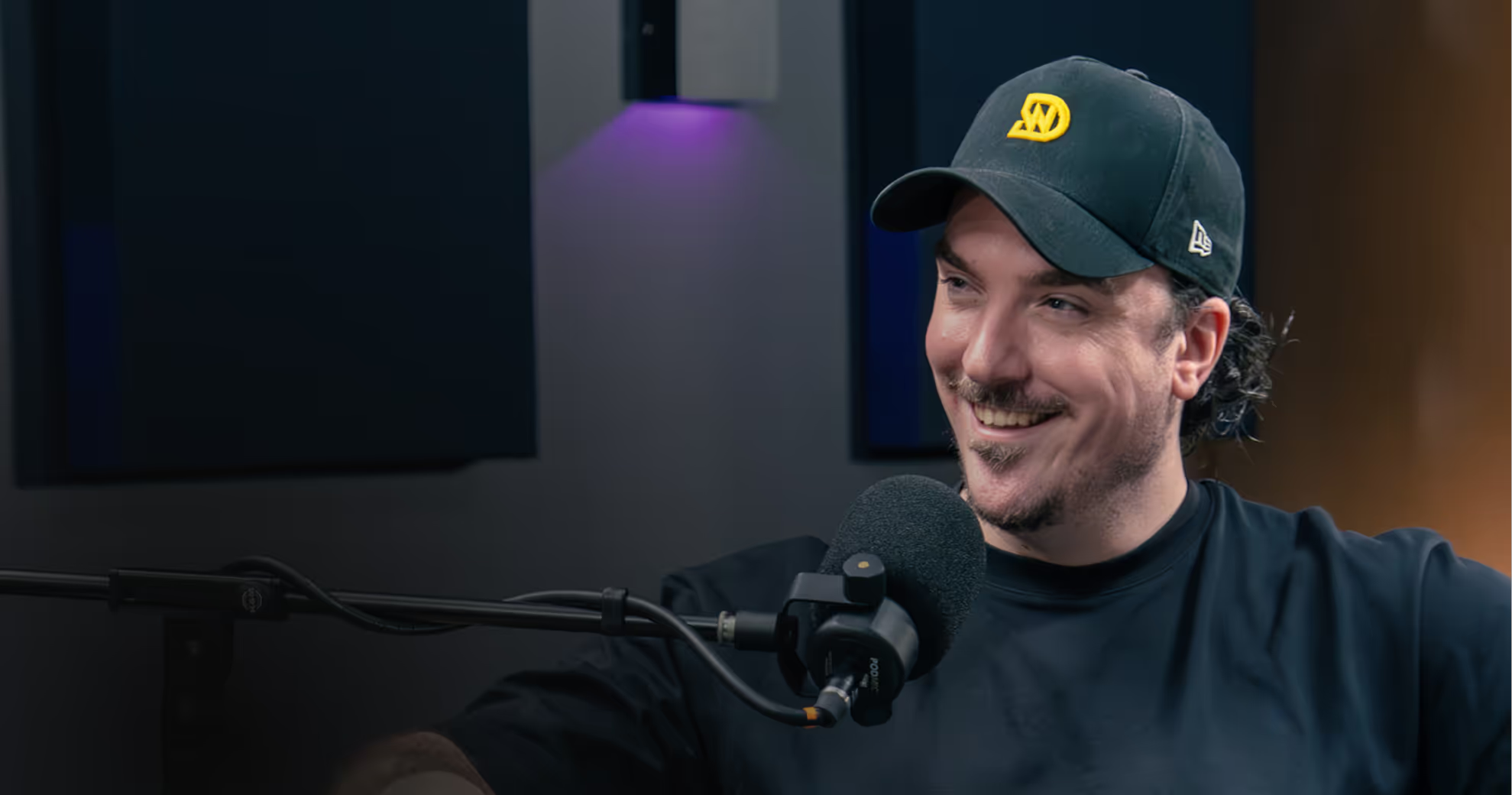
Work With Me
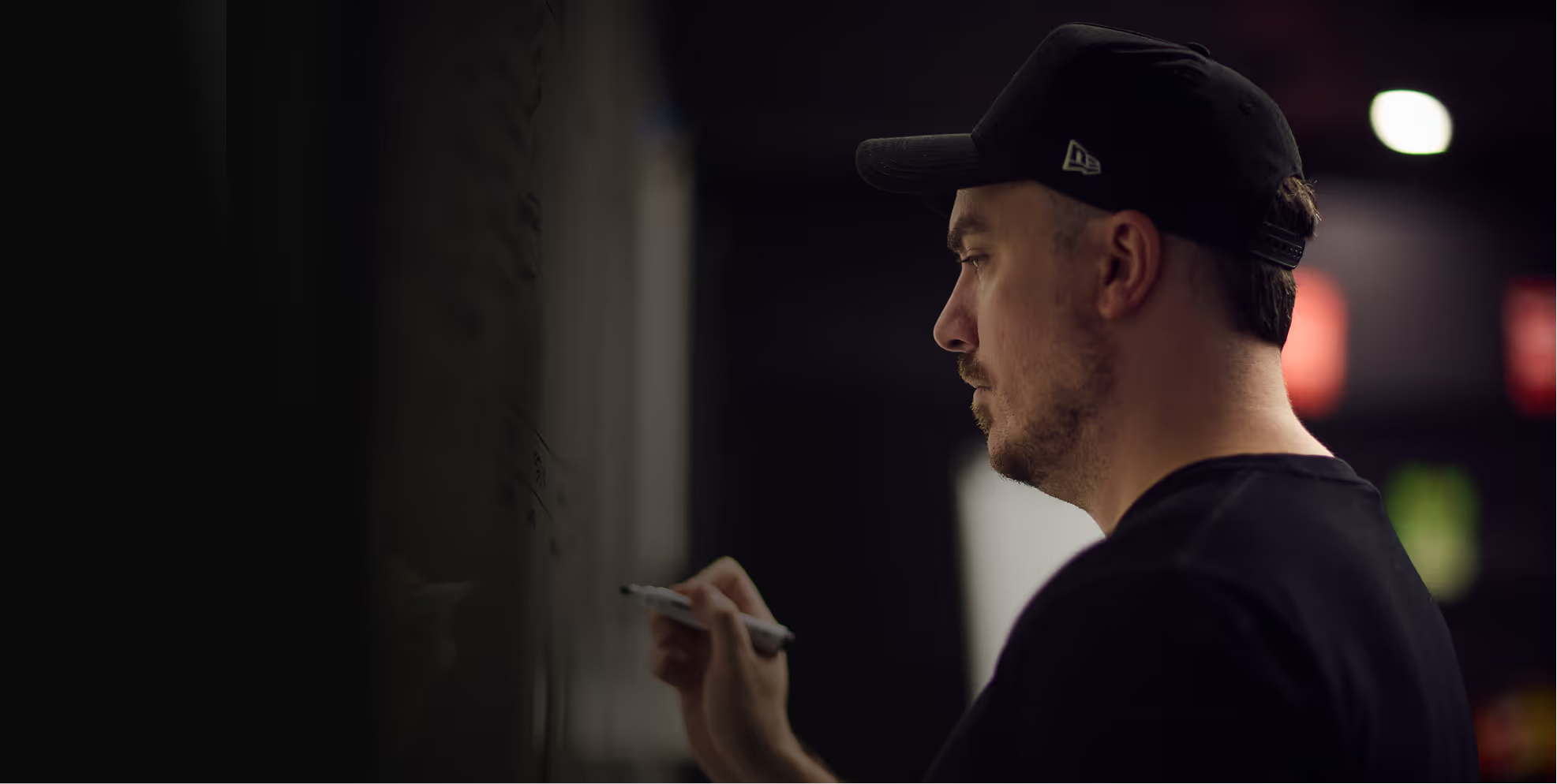
Enquire With Dain’s Team
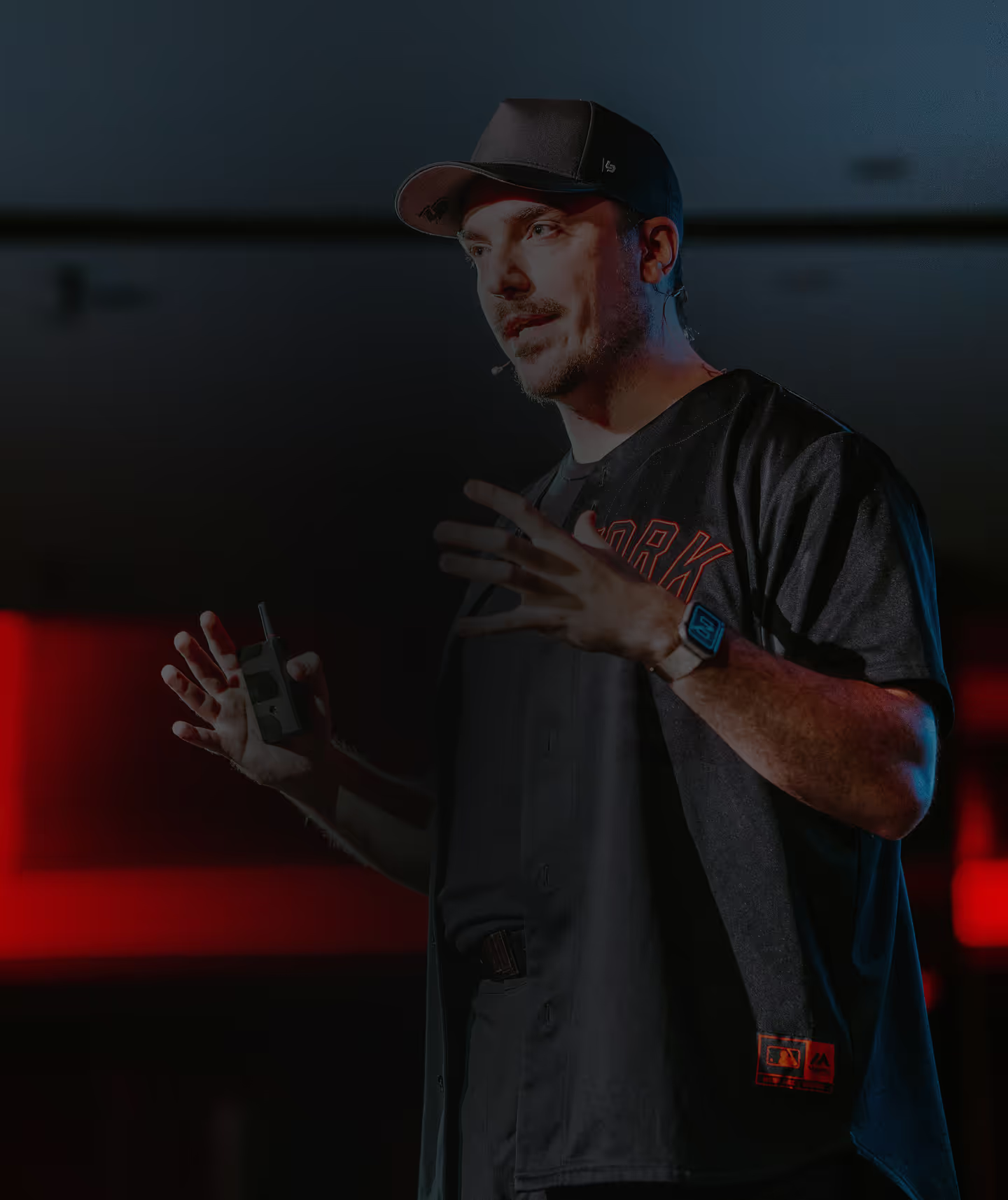
Enquire For Speaking

Let's Get You Branded
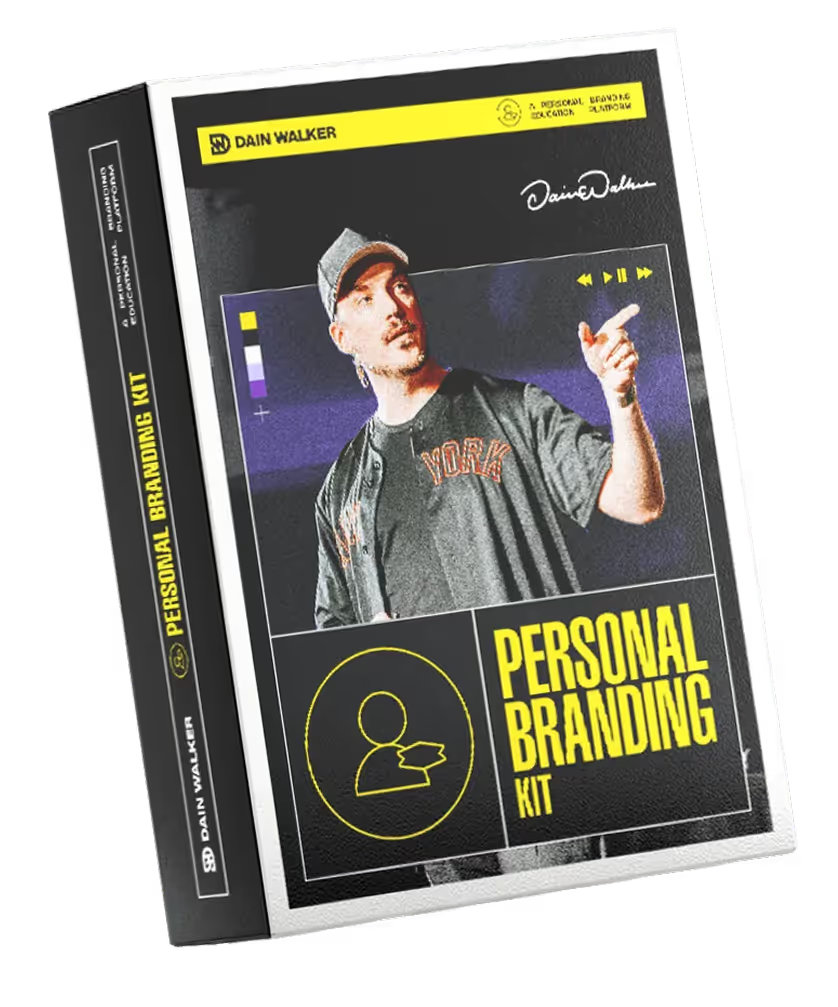
Apply to be a guest
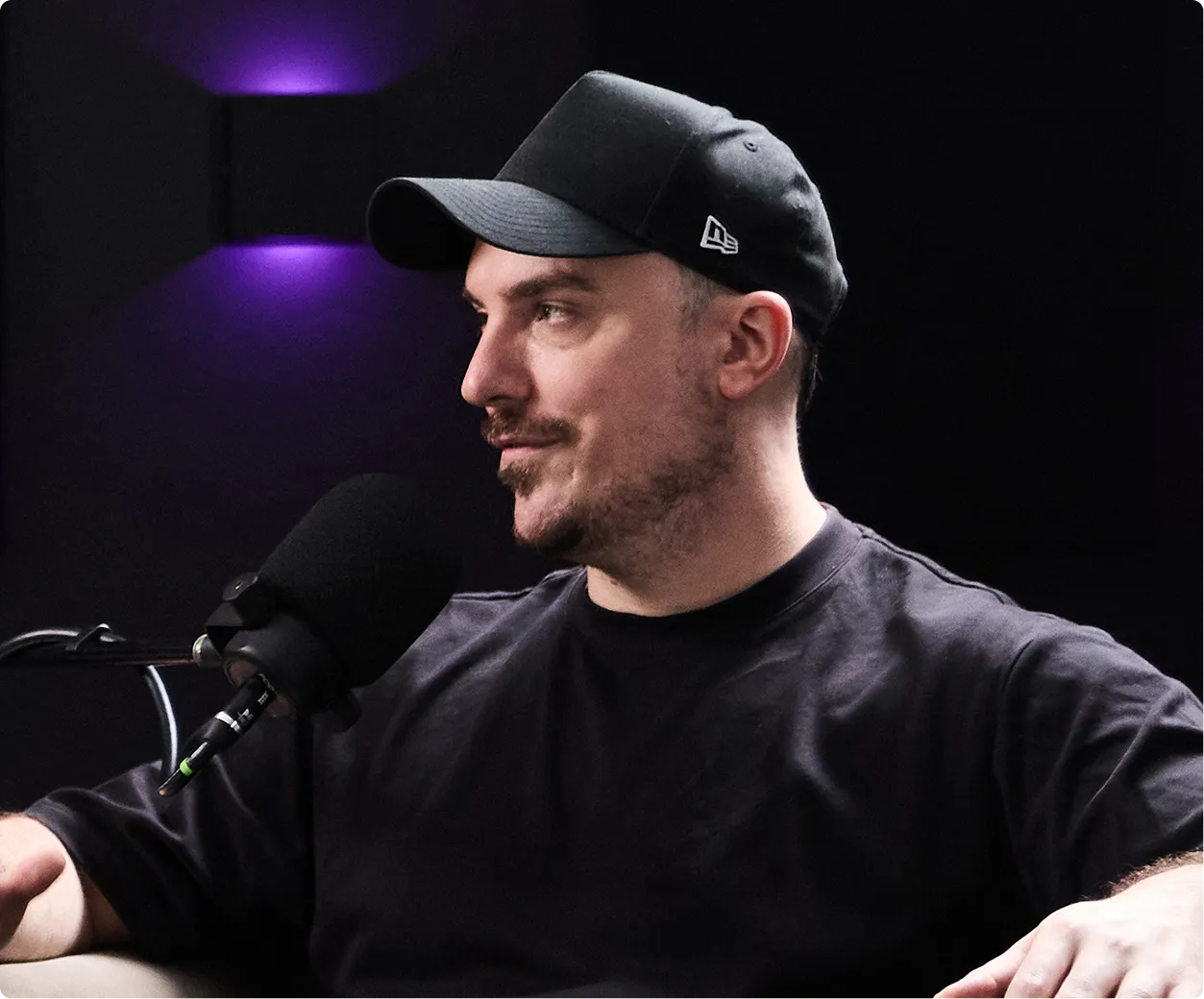
Dive into insights from industry leaders and experts.
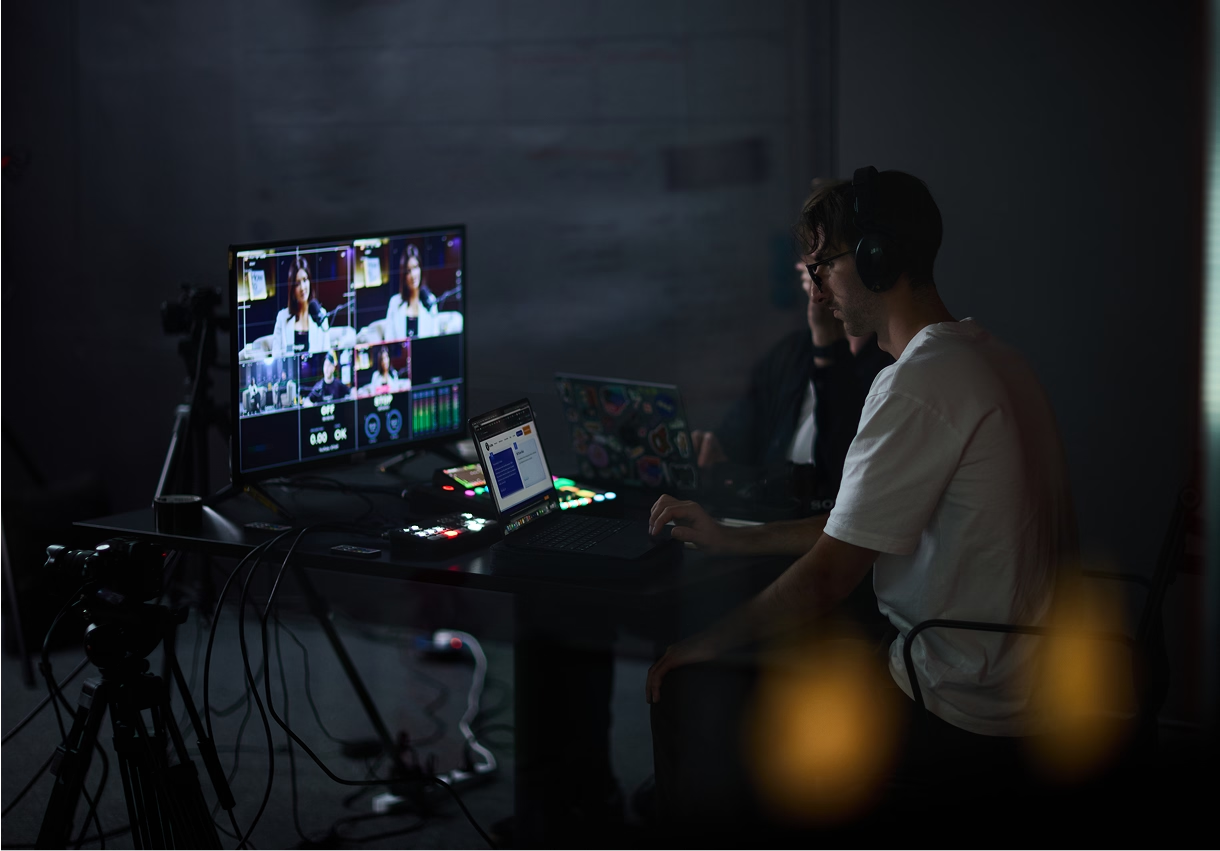
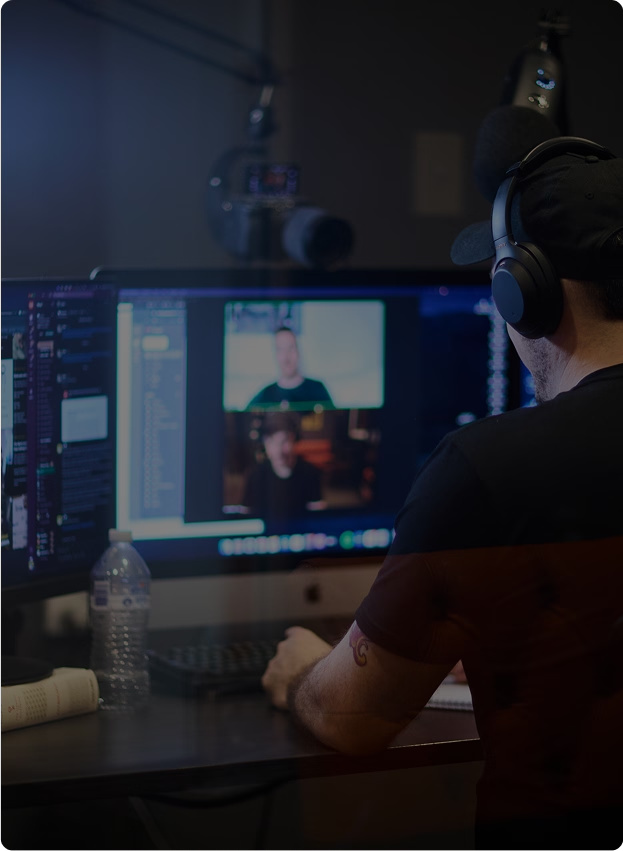
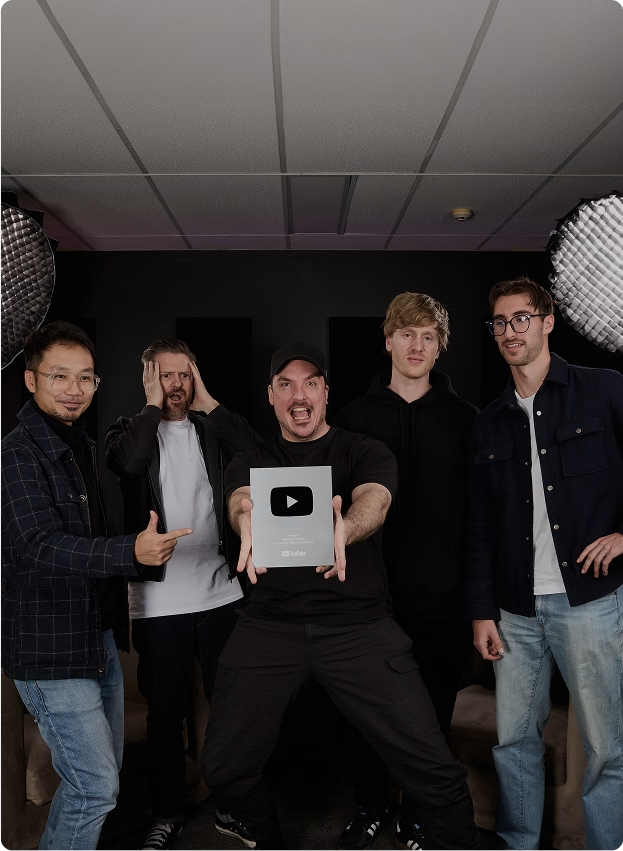
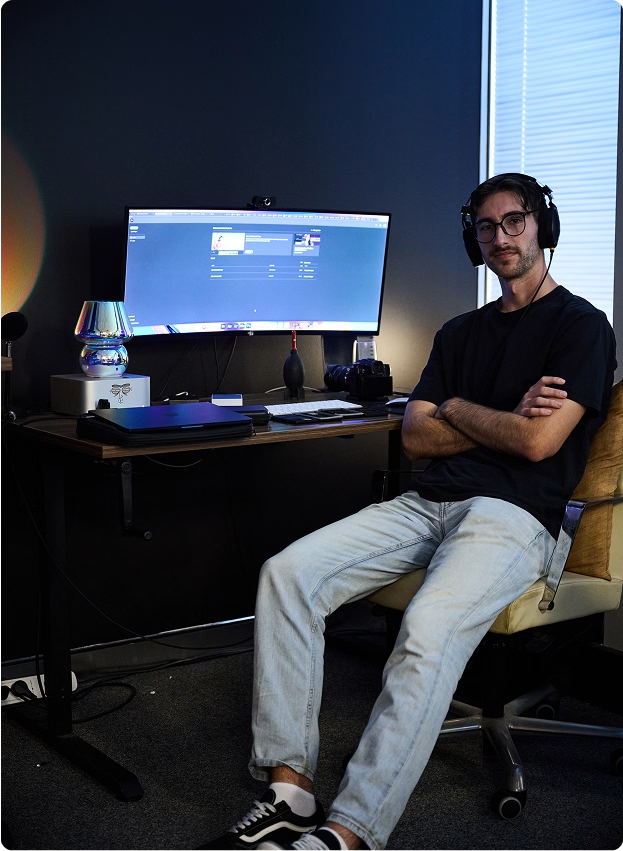
Stream now
Dive into expert advice and industry trends.
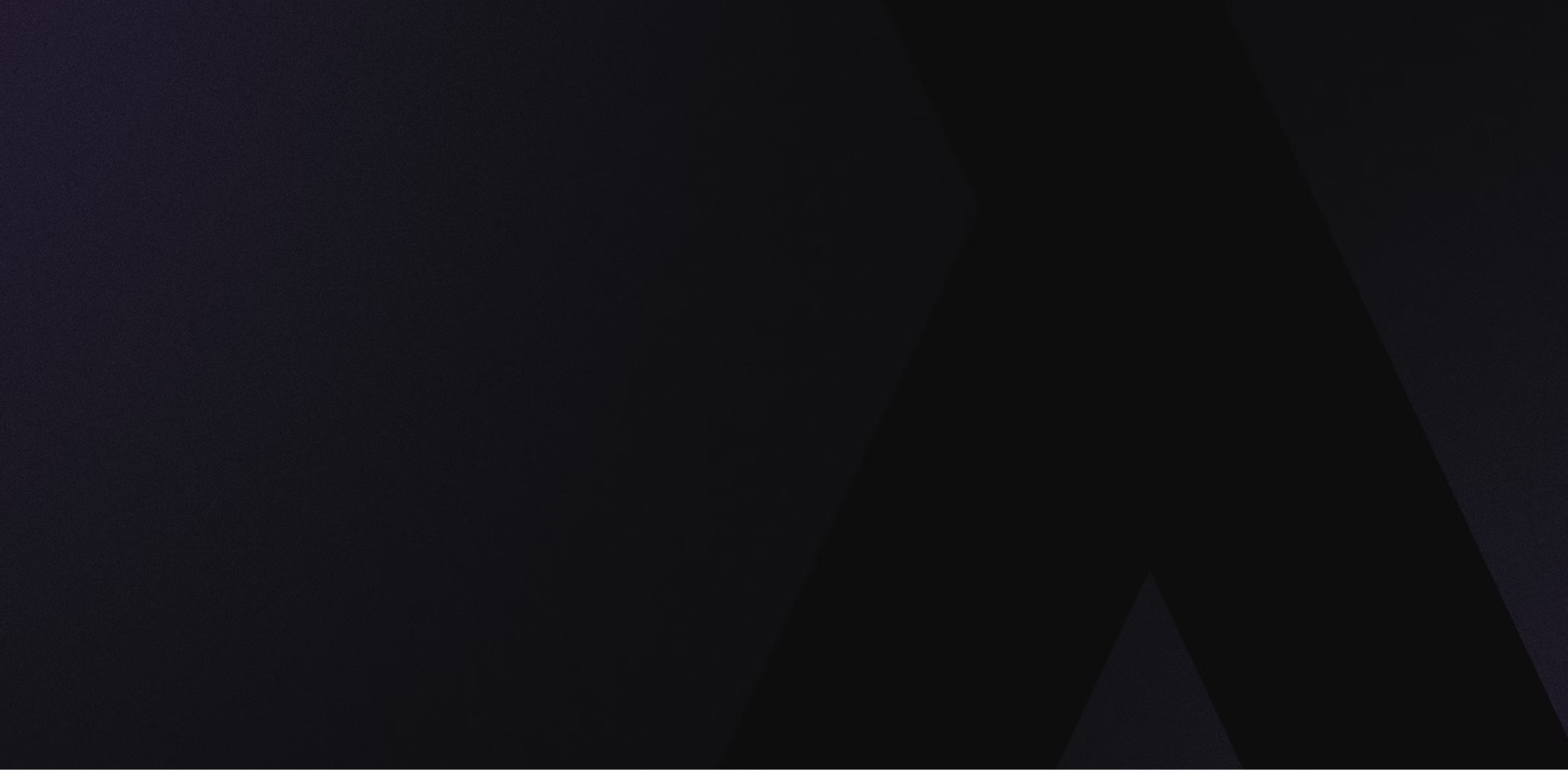

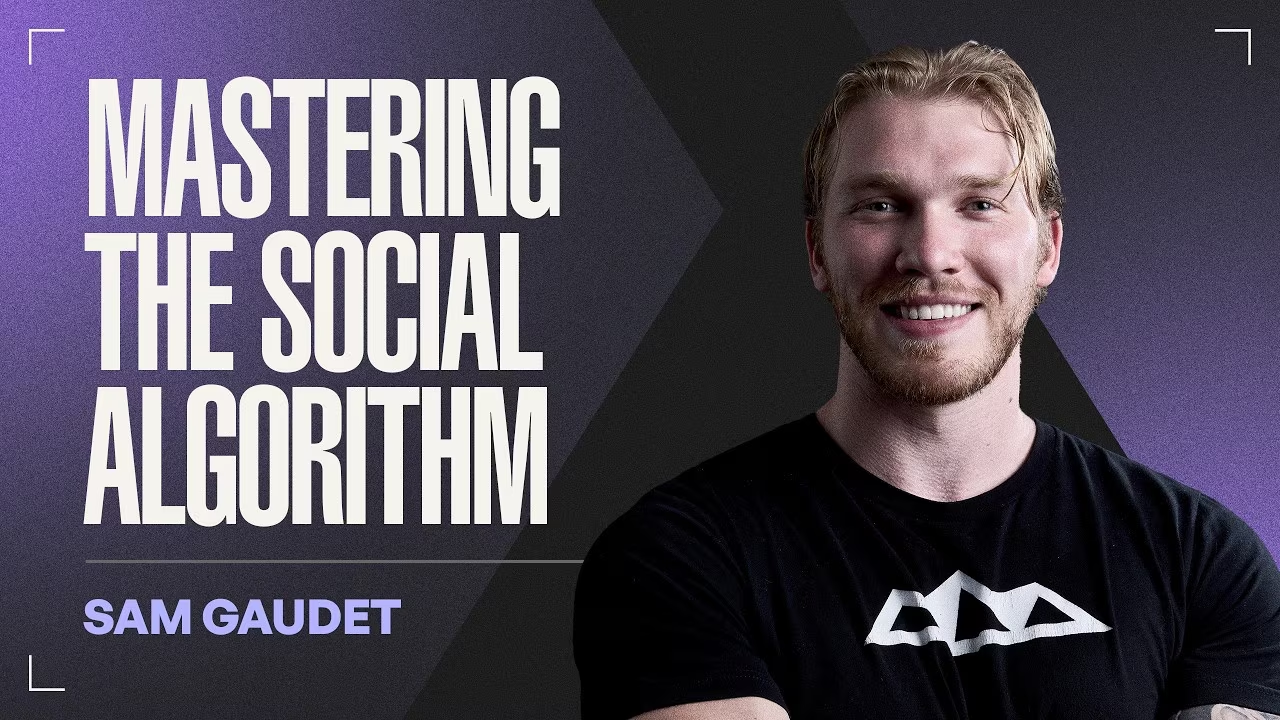
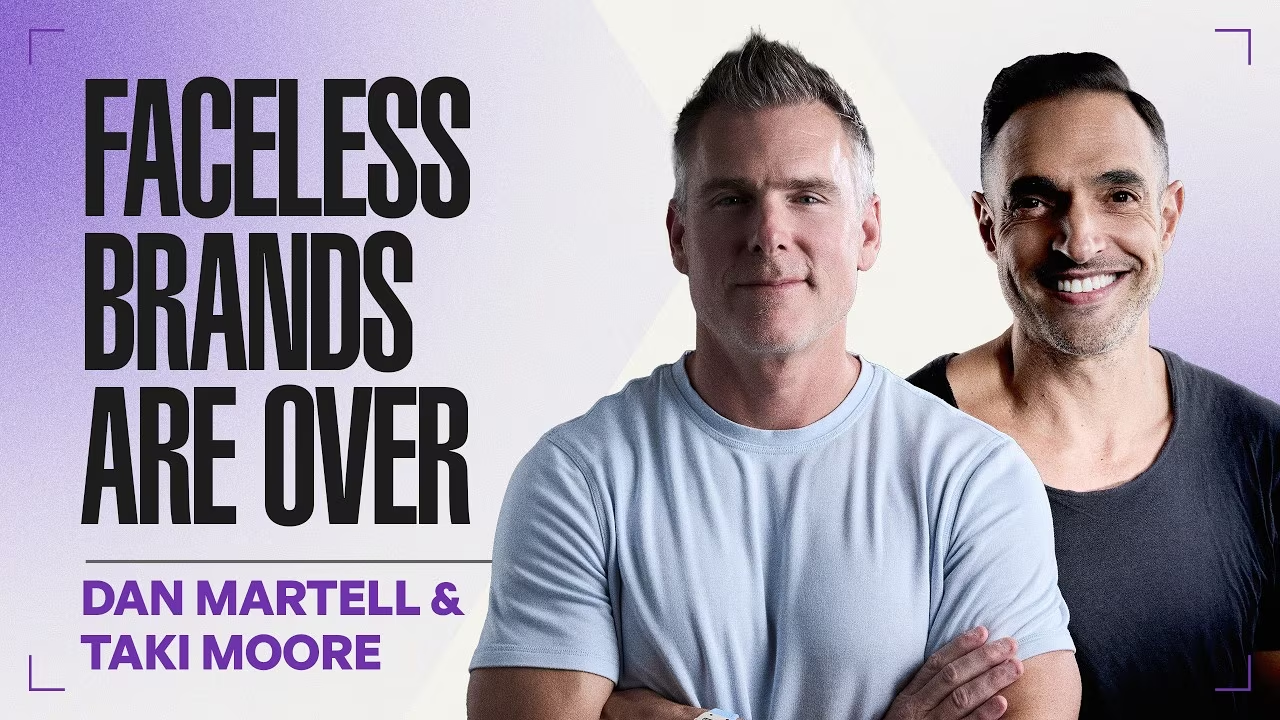
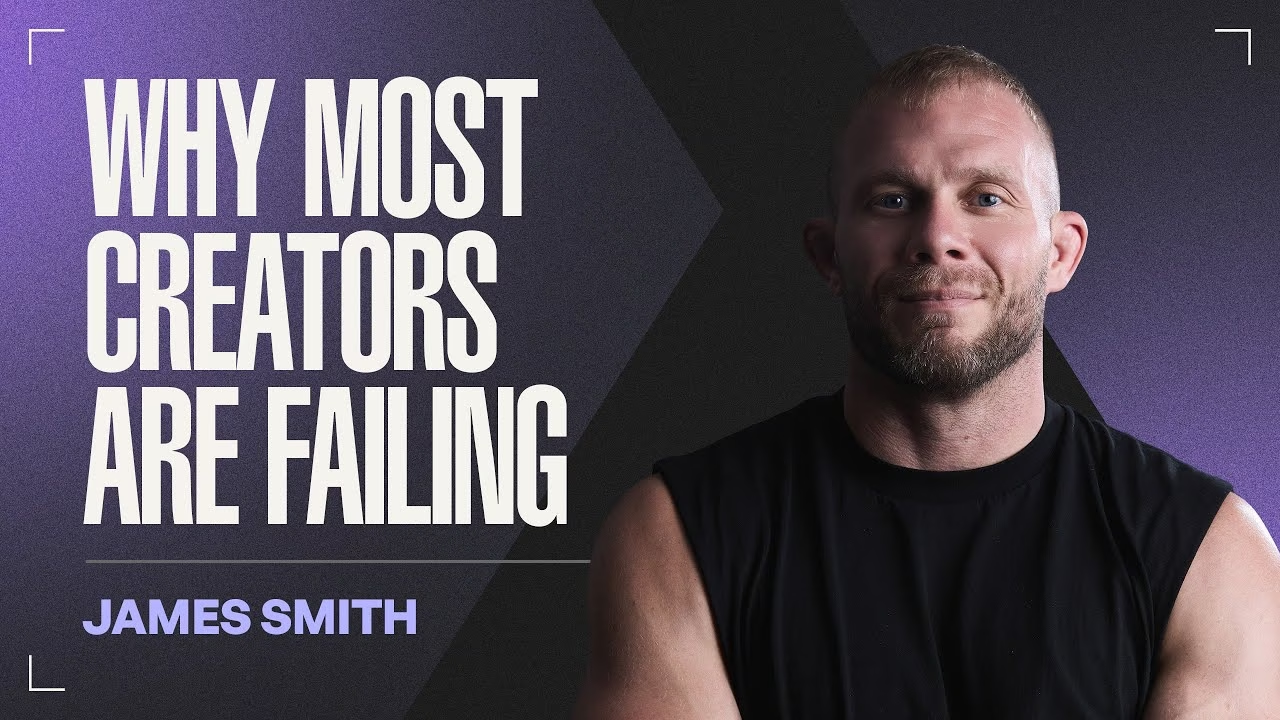
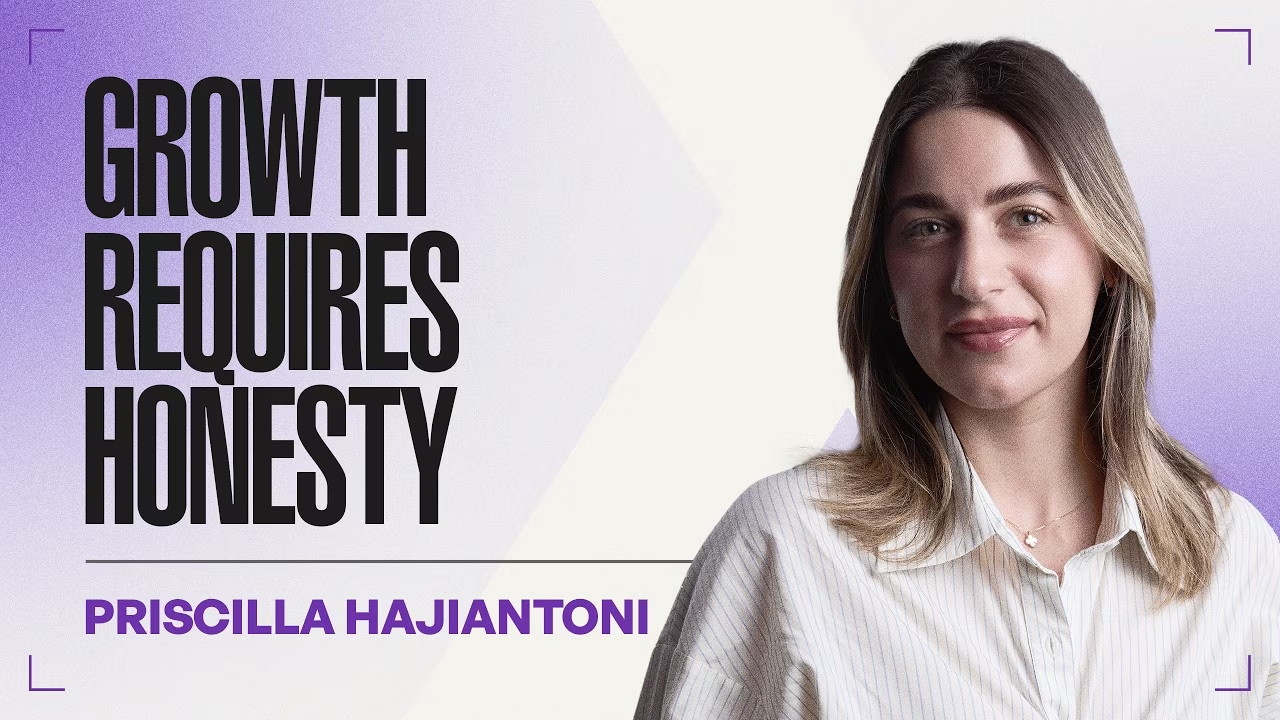
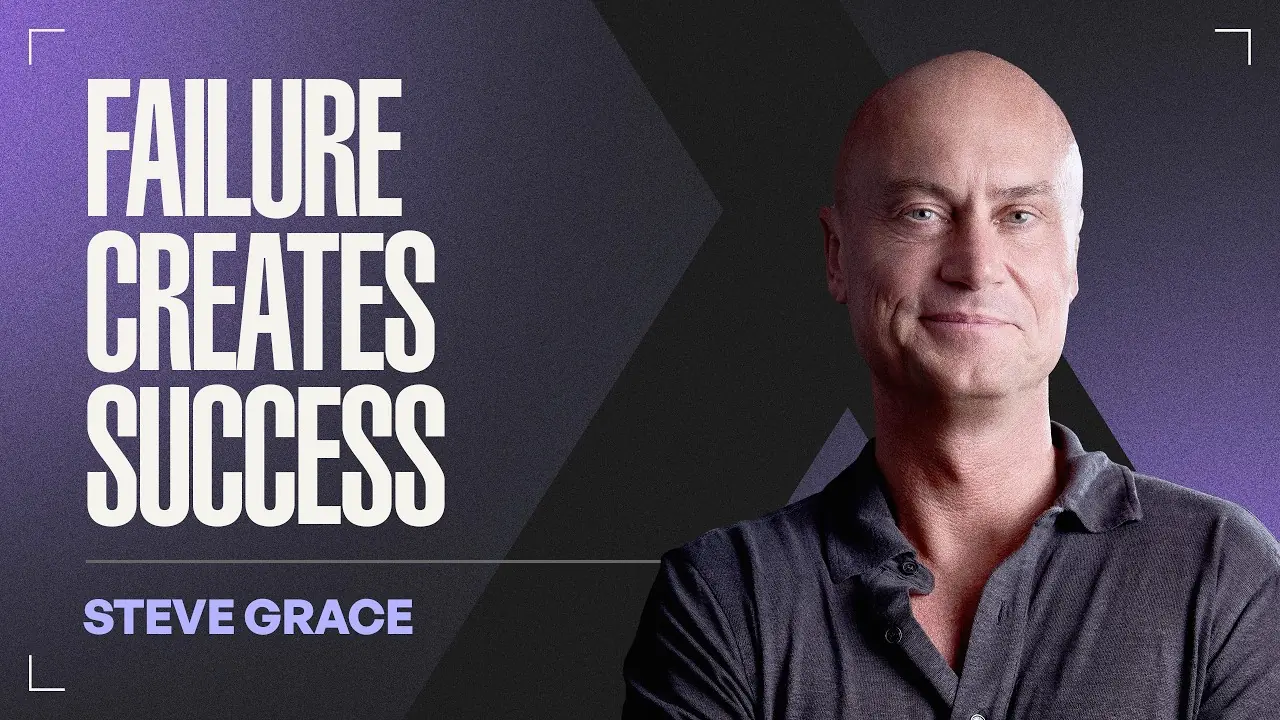
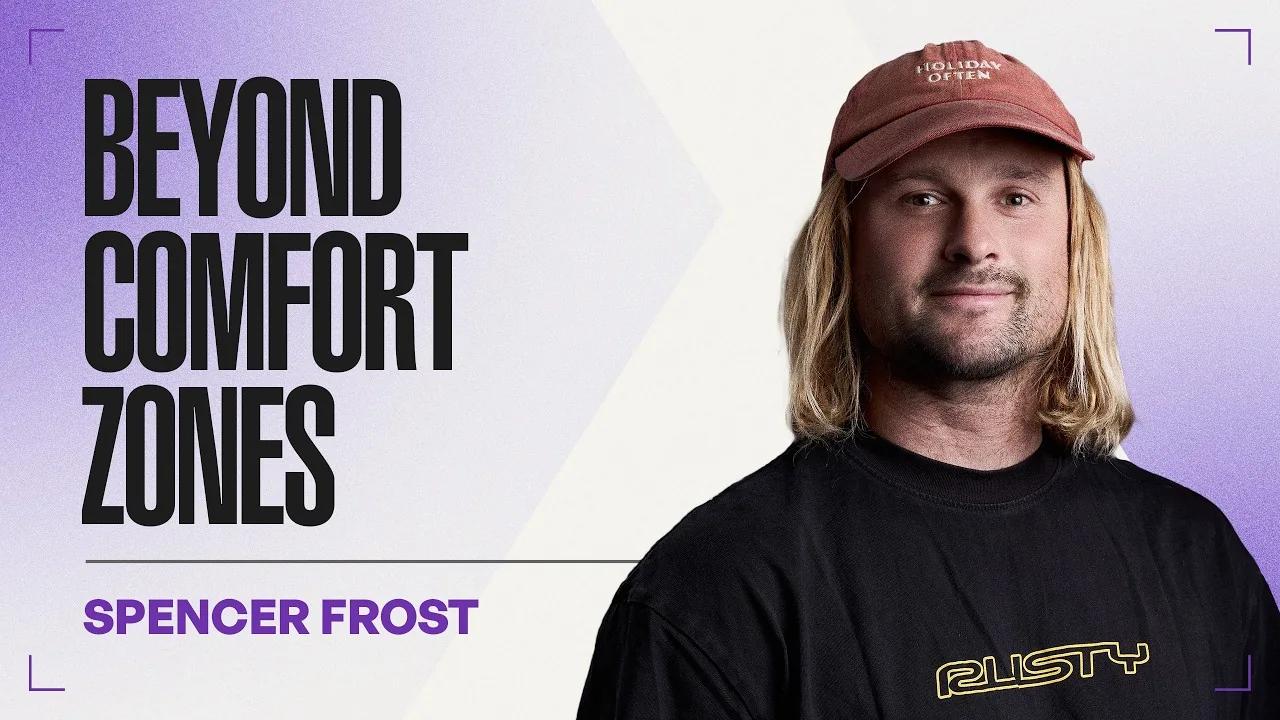
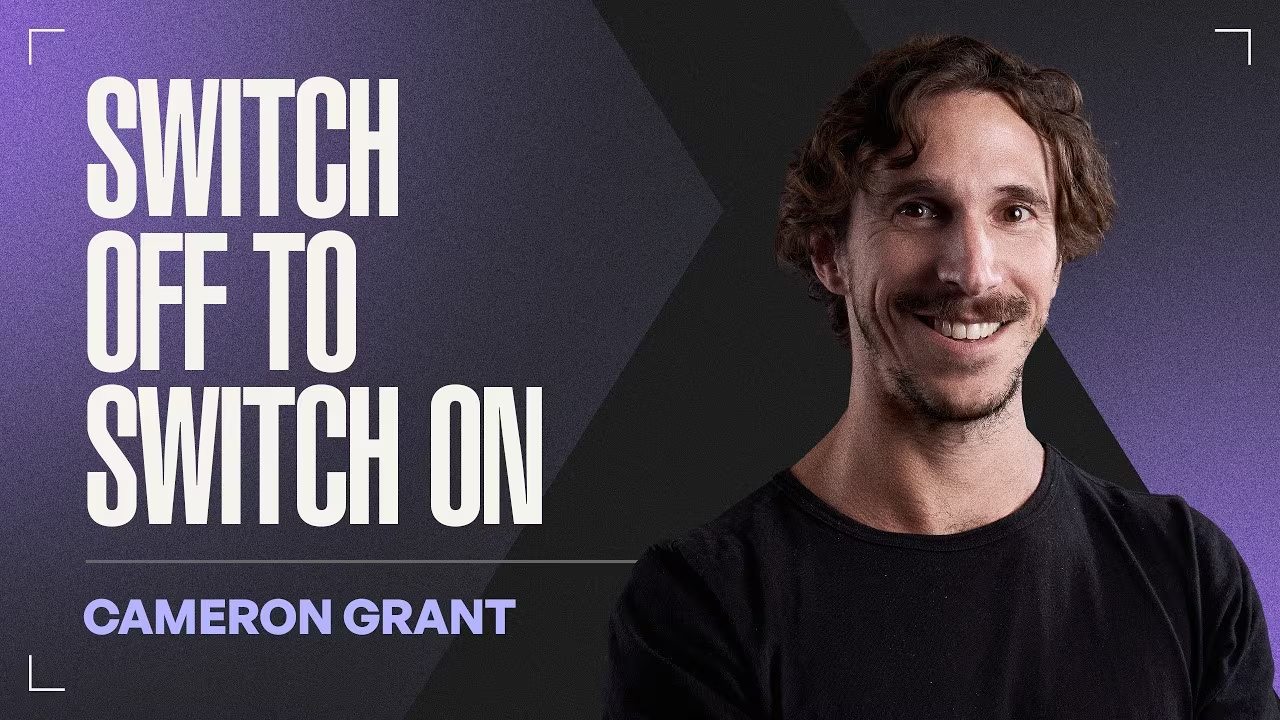
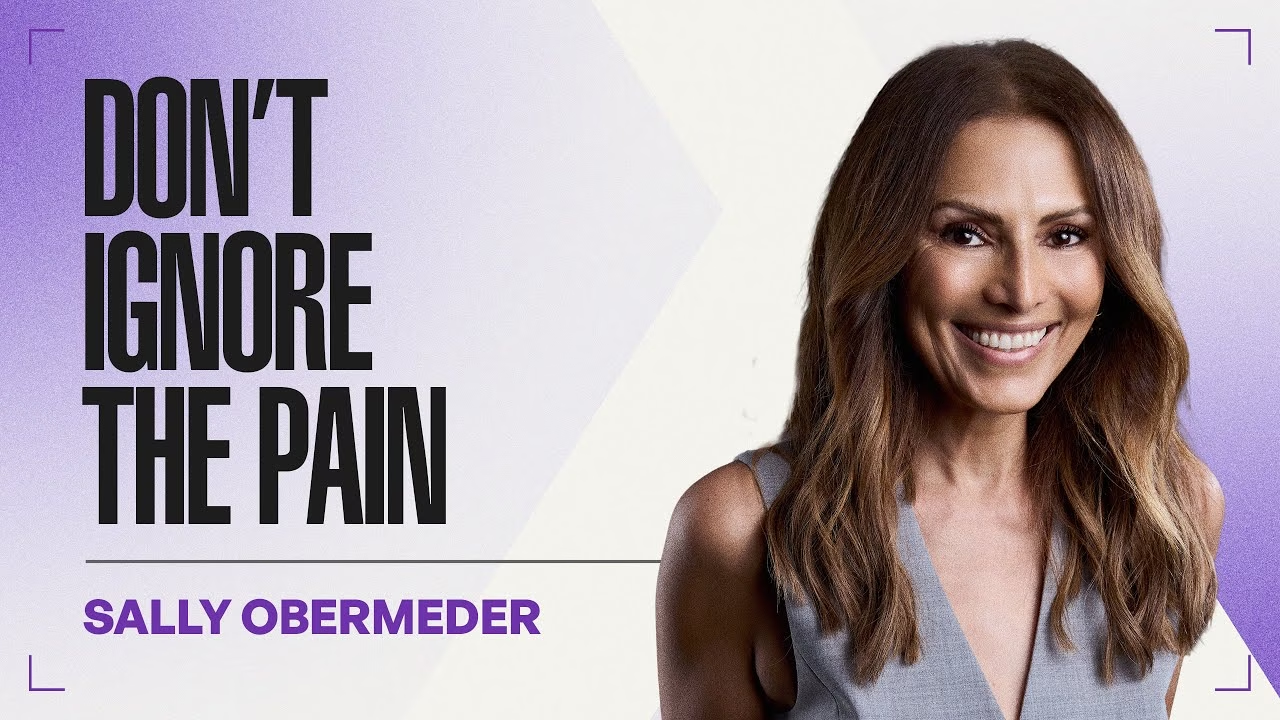
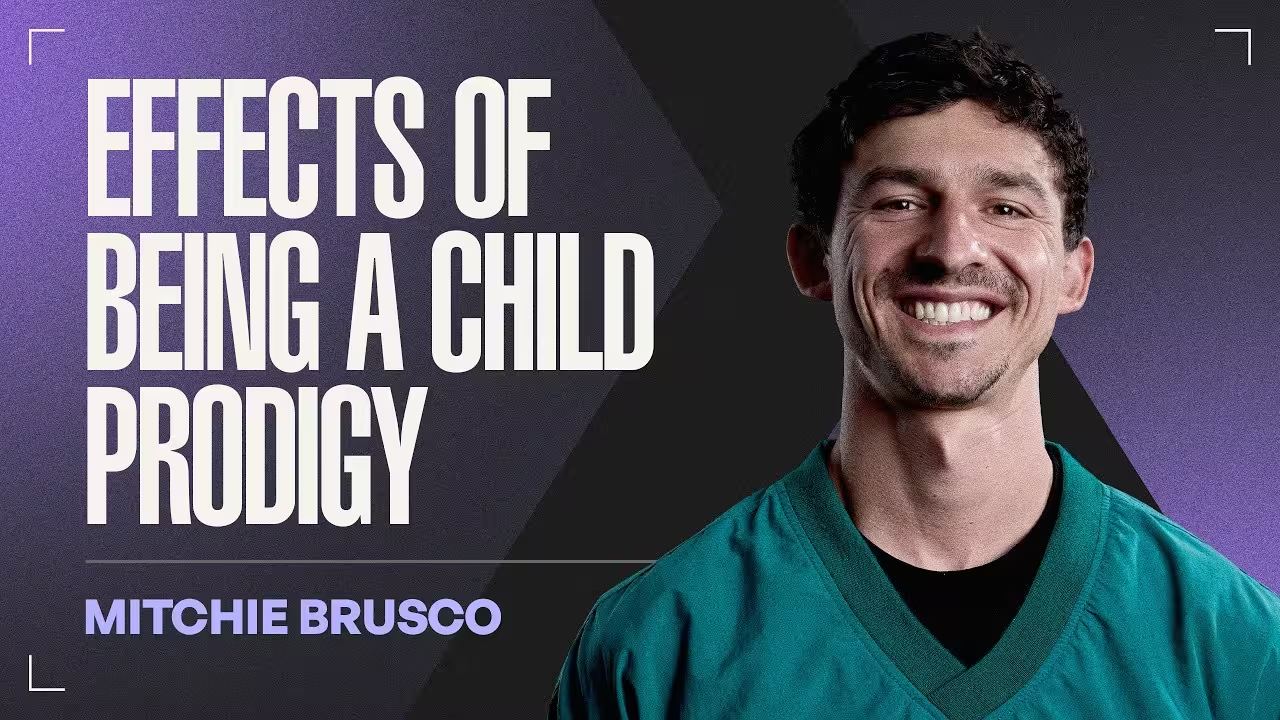
.avif)
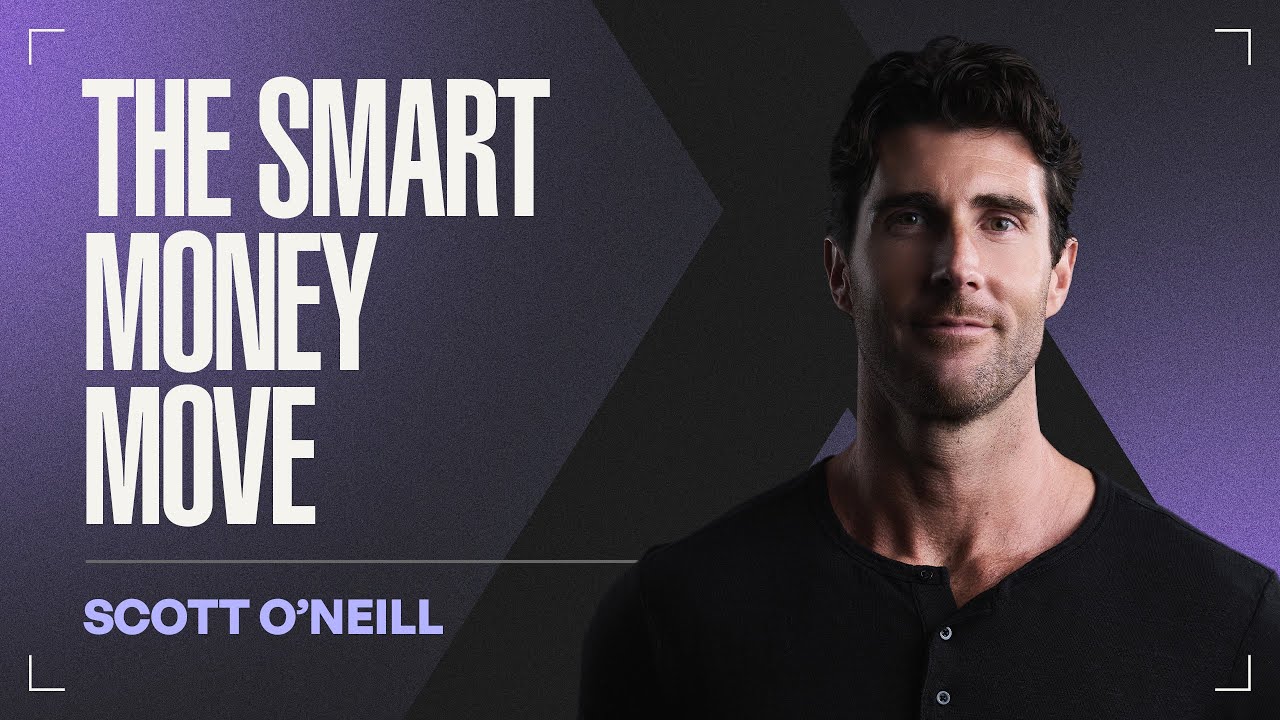
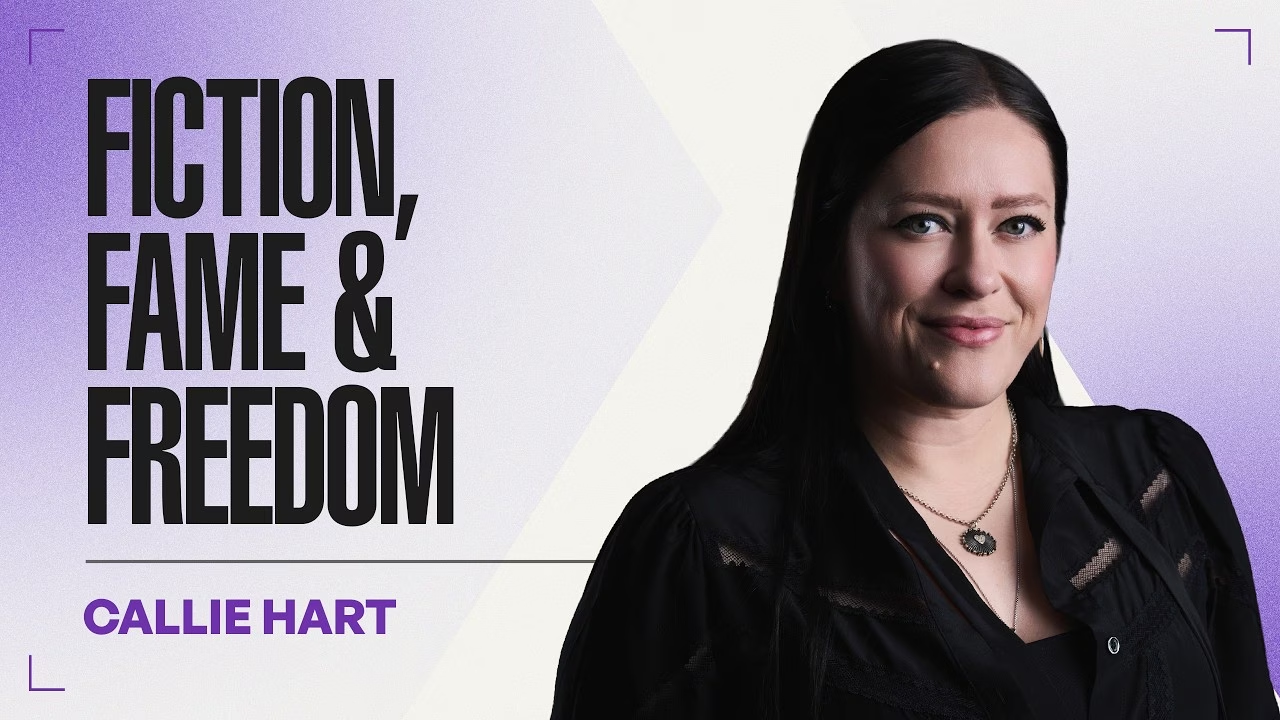

.avif)
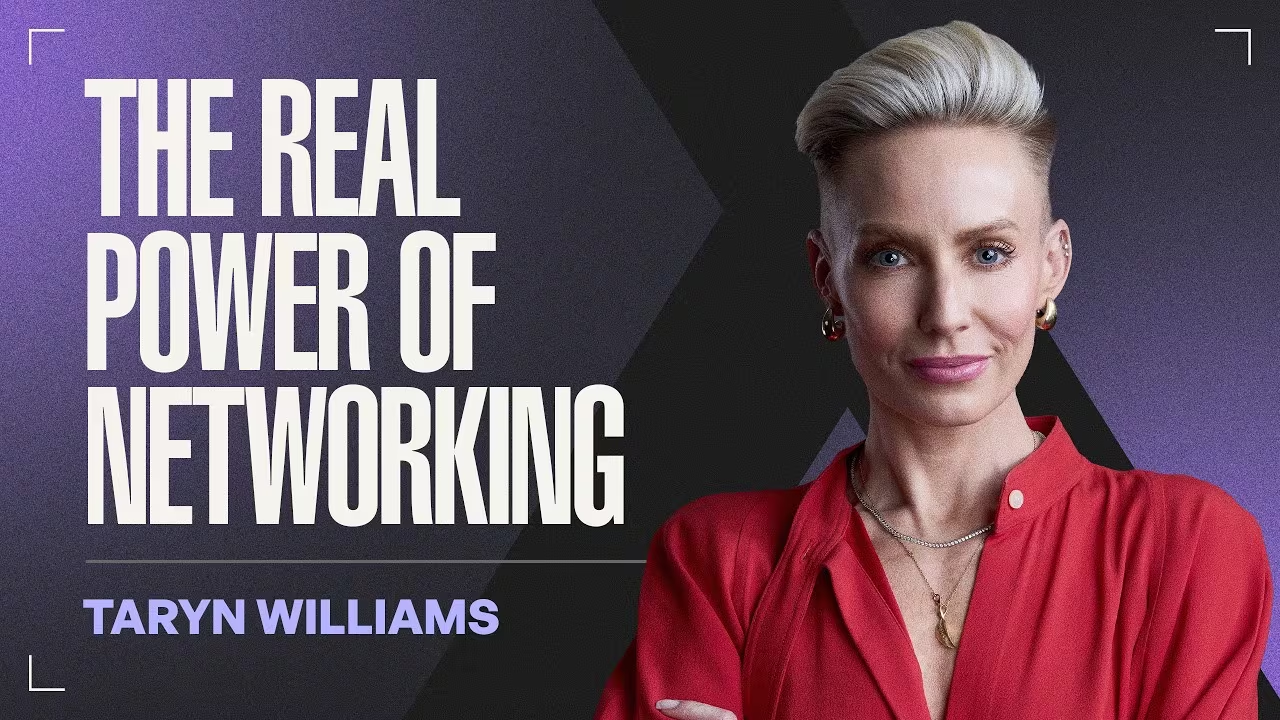

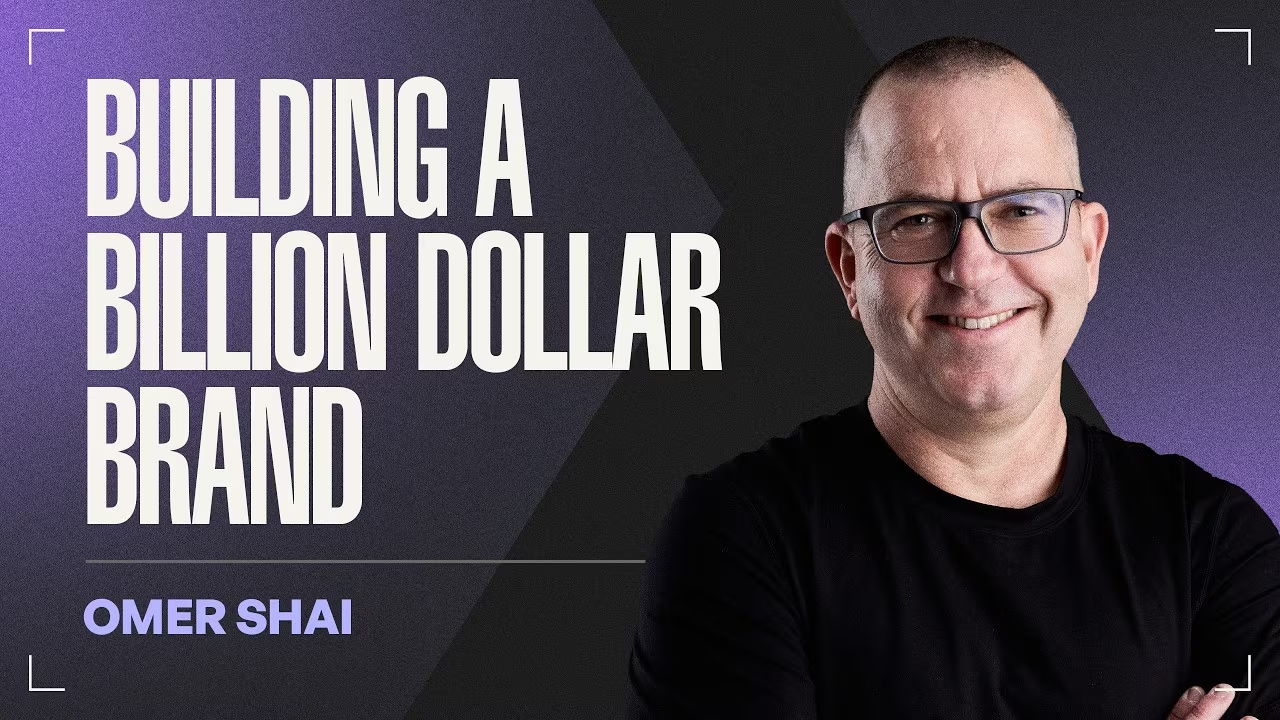
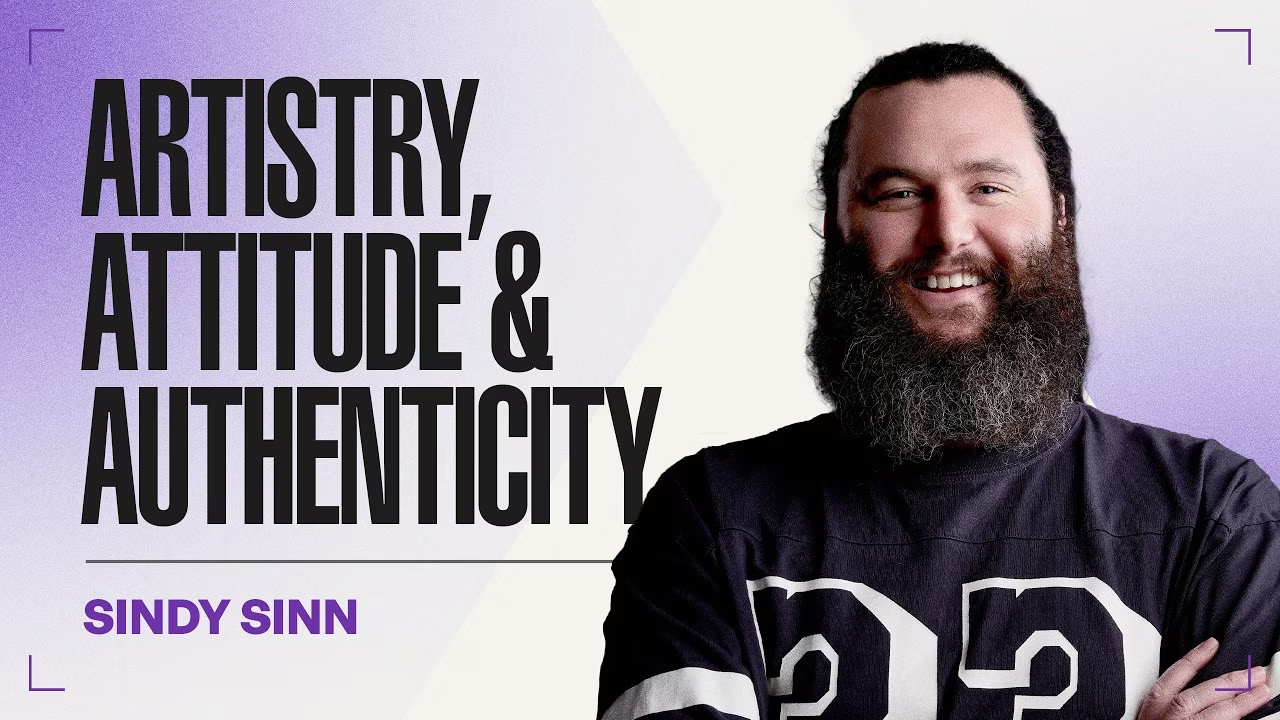
%20(1).avif)
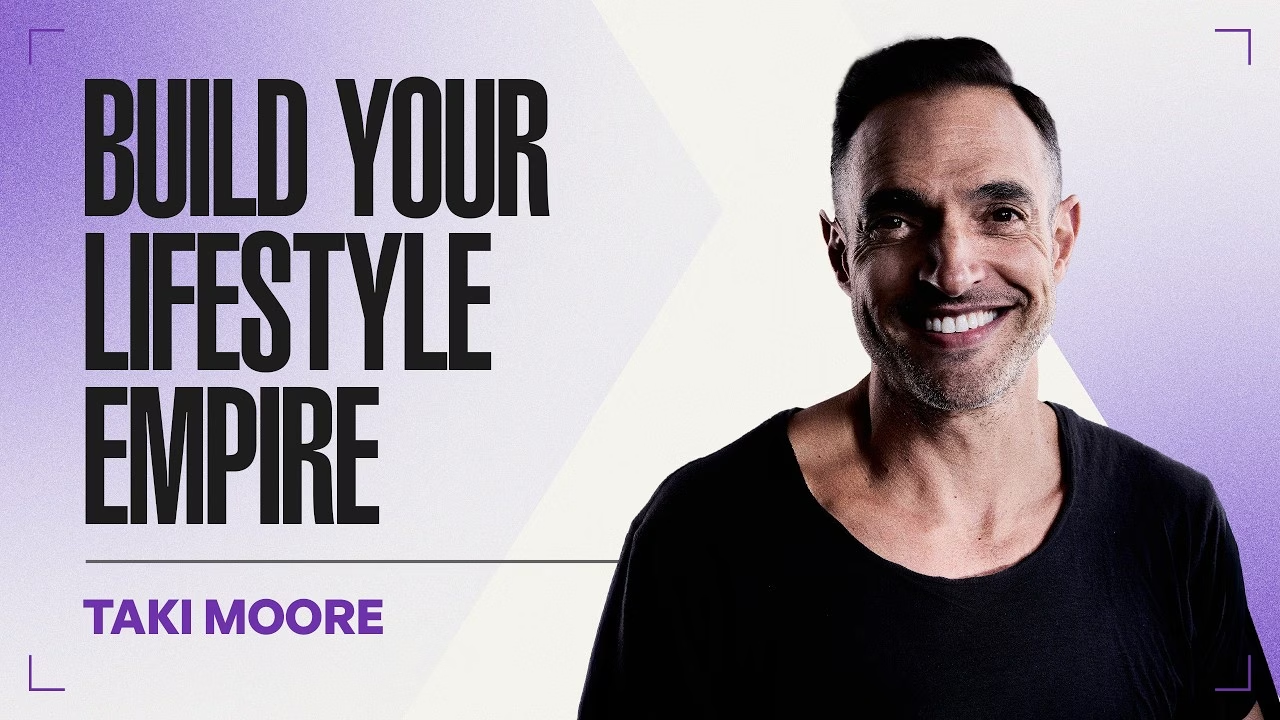
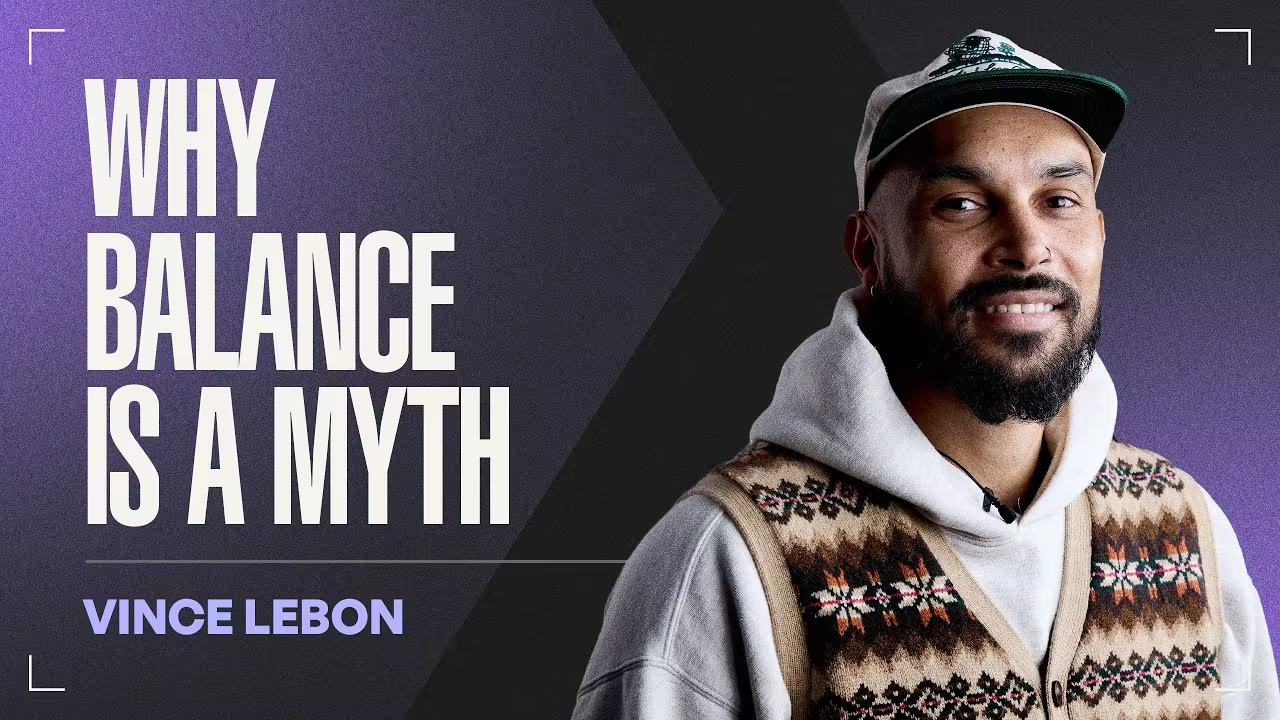

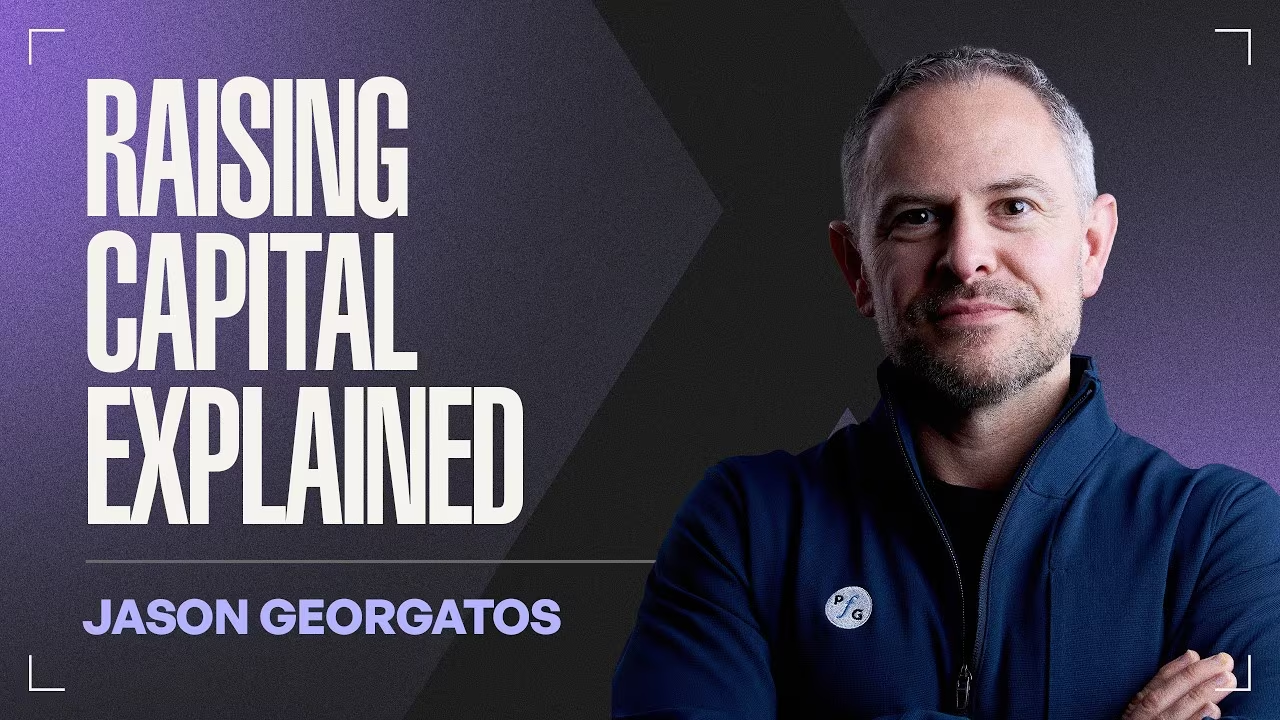
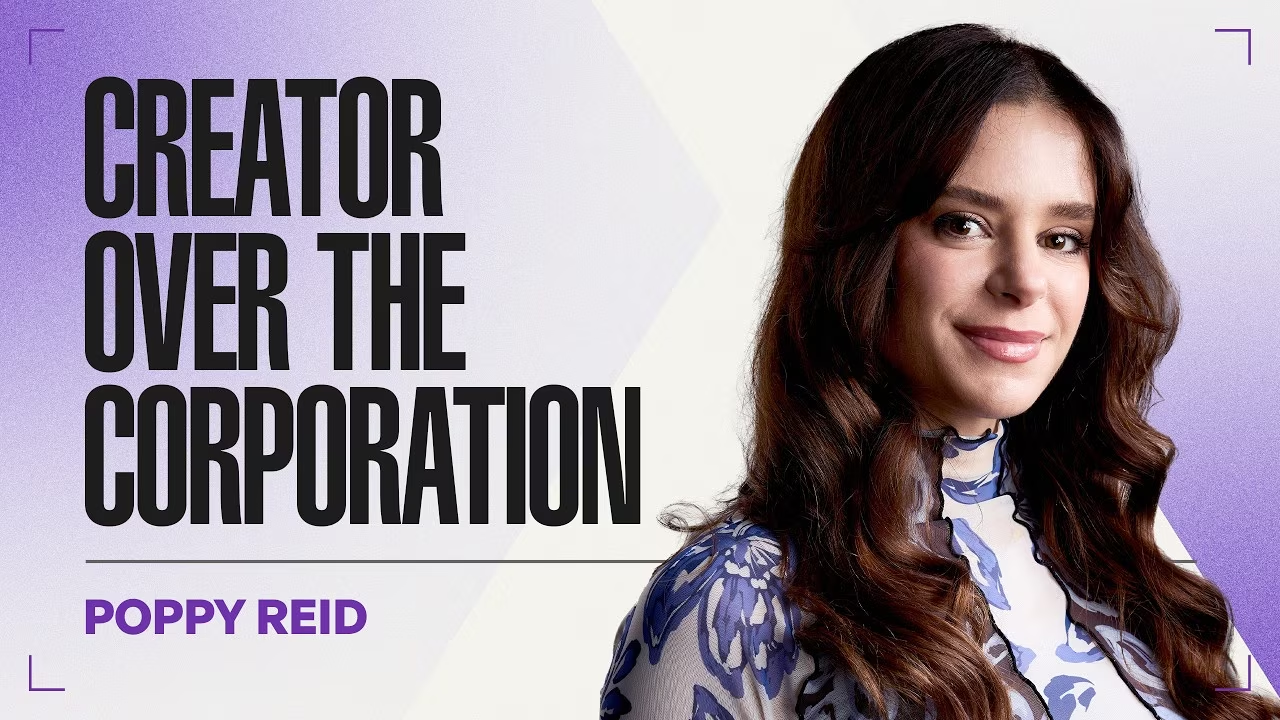
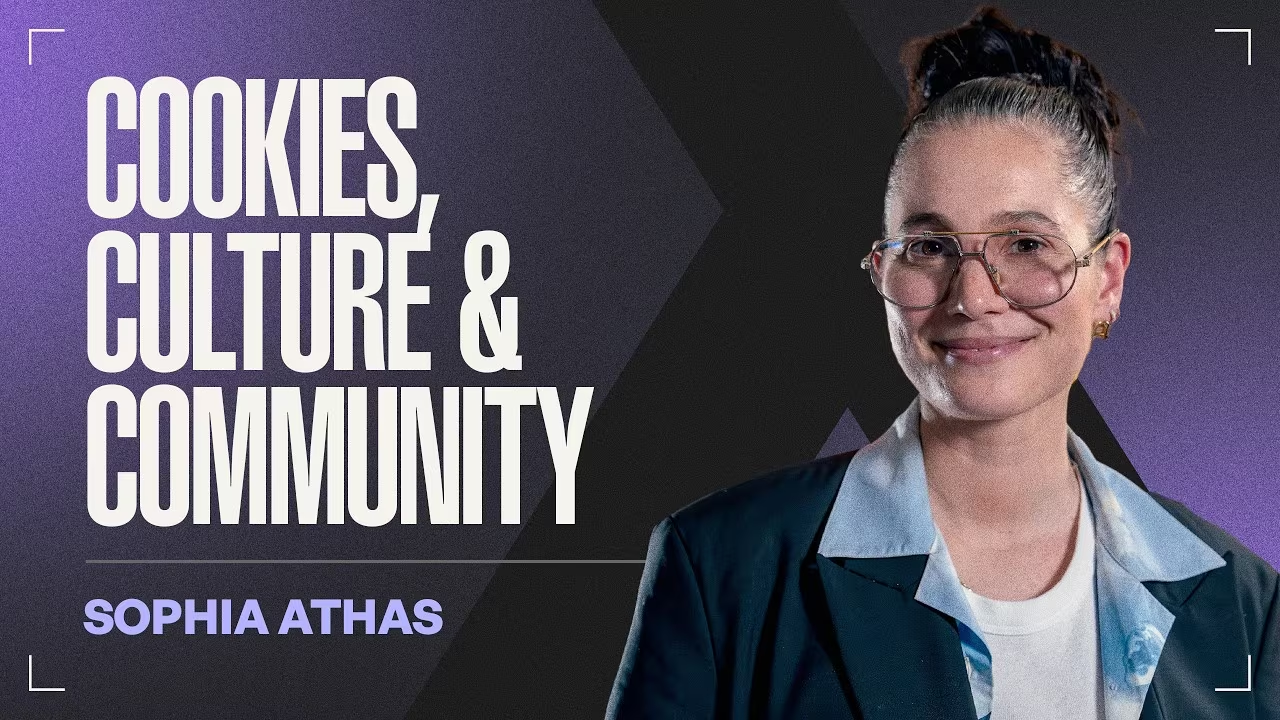

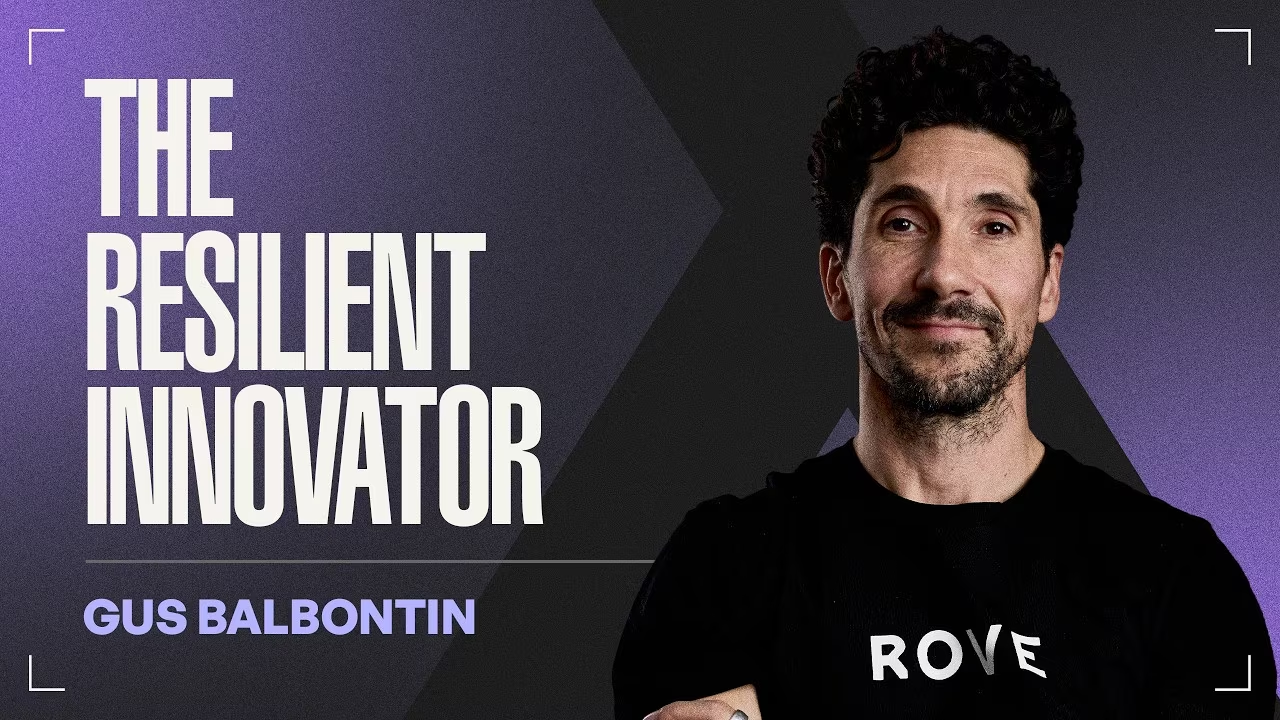
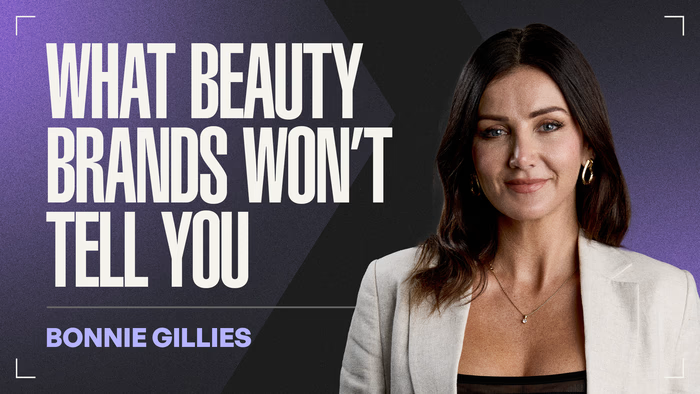


.avif)

